|
Find out why Portugal is attracting a growing number of real estate investors, retirees, and expats from around the world. A year-round Mediterranean climate. Dune-covered beaches with crystal blue waves. Irresistibly flaky pastel de nata tarts oozing with egg custard. From its diverse landscapes to its fresh seafood-packed cooking, there’s a lot to love about Portugal. And as the sunny, seaside nation attracts international travelers at record-high rates, Portugal is also catching the eyes of savvy investors. Touted as Europe’s best-kept secret, Portugal has become increasingly popular among investors, retirees, and expats from around the world. Here are three reasons why Portugal stands out among European countries as a place to invest, live, and retire. Portugal’s Golden Visa program In an effort to attract foreign investors and property buyers, Portugal rolled out Europe’s first Golden Visa program in 2012. By all accounts, the residency by investment program was a success – Portugal has since issued more than 6,000 Golden Visas to applicants and more than 10,000 to their family members. Since inception, the investor visa program has generated more than €3.7 billion. So how exactly does Portugal’s Golden Visa work? The residence by investment program allows any third-country national – essentially anyone who is not a Portuguese or EU/EFTA citizen – to gain residency in Portugal with a qualifying investment in the country. The program has a number of different ways to make a qualifying investment and obtain a Golden Visa, including: Investing at least €500,000 in Portuguese real estate Investing at least €350,000 in Portuguese real estate that is at least 30 years old or situated in an area the government has targeted for rehabilitation or gentrification Transferring at least €1,000,000 to Portugal Creating 10 or more jobs Transferring €350,000 to be invested in qualifying public or private scientific research Transferring at least €250,000 to be invested in or used to support an artistic production or the renovation of national cultural heritage As a Golden Visa holder, you and your direct family members qualify for permanent residency after five years of maintaining your investment. After six years, you qualify for Portuguese citizenship. To obtain residency and citizenship, you and your family aren’t even required to reside in Portugal – you only need to spend at least seven days in Portugal during the first year, and at least 14 days in each of the following two-year periods. As a silver lining, with Portuguese residency, you enjoy visa-free travel to all 26 European countries in the Schengen area. Portugal’s non-habitual residency regime Another buyer-incentive program designed to woo international investors and professionals, Portugal’s non-habitual residency (NHR) regime was introduced in 2009. The program allows eligible non-residents the chance to legally earn qualifying foreign-sourced income without paying taxes in Portugal. How is this possible? Part of it is thanks to the country’s 79 double-taxation treaties. According to the NHR tax regime, Portugal will not tax qualifying income from other countries as long as that country has the power to tax that income. This is true whether or not your source country actually applies that tax, and almost all countries (with the notable exception of the U.S.) choose not to tax non-residents. Under the NHR, sources of income that are eligible not to be taxed include foreign-source self-employment, capital gains, investment income, rental income, royalties, and occupational pensions. Note that capital gains from the sale of securities are not exempt from taxation under NHR policies. In addition to the opportunity to legitimately reduce your overall income tax, non-habitual residents enjoy a number of other tax benefits, including a tax exemption for gifts or inheritance to direct family and free remittance of funds to Portugal. As a non-habitual resident, you also have the opportunity to earn Portuguese income taxed at a special flat rate of 20 percent. You can apply for non-habitual resident status after achieving tax residency in Portugal. Residency can be established through the Golden Visa program. To qualify for non-habitual resident status, you must not have been a Portuguese tax resident in the last five years. In addition, you must currently reside in Portugal and own or rent property in the country. Portugal’s property market
Thanks in part to these two incentives, Portugal is one of the most dynamic property markets in Europe. Spurred by growing demand and a thriving economy, Portugal’s housing prices have been climbing steadily since 2014. Last year, home prices soared in 23 of the country’s 24 urban areas. Porto saw the highest growth, with property prices rising 15.6 percent during 2018. Portugal’s capital, Lisbon, saw solid growth as well, with home pricing climbing 7.9 percent in 2018. Even as the property market flourishes, Portuguese real estate remains an exceptional value. The cost of real estate is currently around 30 percent lower on average than any other country in Western Europe. With housing prices forecasted to continue climbing and the current weakness of the euro, now is considered by many to be an ideal time to invest in Portuguese real estate. The Portuguese property market includes a wide variety of competitively priced real estate, from stylish modern lofts to luxury countryside homes. Foreign investors do not face any restrictions on property ownership, and transaction costs are relatively low. More than 300 days of sunshine a year, exceptional quality of life, beautiful beaches, and a low cost of living combined with buyer incentives and a thriving property market make Portugal an enchanting place to invest and retire. Why not speak to one of our real estate specialists about purchasing property in ? We are a boutique investment firm with years of experience delivering bespoke residence and citizenship-by-investment solutions for international families. At Prime Land Ventures, we can simplify access to property investments, provide local insights, help with legal assistance, tax planning, and more—all while ensuring efficient, personalized, and confidential service
0 Comments
Since the start of 2020, nowhere in the world has escaped the virus or the severe disruption caused by measures to contain it. From California to Hong Kong, lockdowns and working from home have become a way of life. Economies have been stopped in their tracks, while the travel, hospitality and retail sectors have been decimated. Conditions for cross-border property hunting have not been ideal. But that’s not to say all property markets have been affected adversely, or if they have many are now rebounding. Stimulus packages parachuted in by governments and central banks have helped a lot, complemented in many countries by historically low interest rates, with no signs of this changing. In the UK, the stamp duty holiday has given the market a noticeable boost. With all this in mind, here are three contrasting overseas destinations that might appeal to luxury property-hunters in 2021. Portugal Portugal’s famous Algarve coastline needs little introduction as one of the world’s top tourist destinations. In recent years though, it has become a go-to European option for foreigners in search of a home with low taxation and a laid-back, quality lifestyle. This is thanks to the combination of its Golden Visa scheme with its Non-Habitual Resident scheme (NHR), which offers a decade of generous tax breaks for new foreign residents. The Algarve resorts of Vilamoura, Vale do Lobo and Quinta do Lago are established hot spots for house-hunters at the luxury end of the market. However, for less touristy but equally scenic destinations, the Comporta region, 120 kilometres south of Lisbon, is increasingly on the radar. Regarded by the Portuguese as one of the most exclusive areas to own a summer home, the region includes the Alentejo coast, which currently is seeing the launch of new hotels and exclusive residential developments. “Portugal is one of the most sought-after countries in Europe to invest due to its advantageous taxation laws, the Golden Visa programme, its pleasant climate and the high standard of living. The combination of these reasons, together with a low rate of coronavirus cases this year and region’s proximity to Lisbon, is why we are registering strong demand in Comporta.” Switzerland A bastion of financial security set amongst glorious mountain scenery, Switzerland’s strong currency and aversion to debt are immediate attractions of owning Swiss Franc assets. Much like the US dollar, its currency is a safe haven for international investors, especially when there is uncertainty in world markets, such as that created by COVID-19 and Brexit. Swiss interest rates are being held in negative territory (-0.75 per cent), making premium Swiss property especially attractive. Bear in mind second homeownership by foreigners is restricted in Switzerland. For wealthy investors who become resident there its tax system, which levies taxes at federal, cantonal and municipal level, has attractive incentives. A popular option for foreigners, applicable in for example in Valais and the resort of resort of Verbier, is the Lump Sum Taxation scheme, which allows residents to be taxed on their annual living expenditure rather than worldwide income or assets. Equally, there are attractive schemes for foreigners wishing to set up a company in order to register and work as self-employed. In Geneva, the lockdown effect means more homebuyers are opting to be away from the traditionally popular city-centre or opulent lakeside suburbs. Instead, today’s typical overseas relocators are choosing smaller communities such as Anières and Hermance, 10 kilometres north of Geneva on the left of bank of Lake Geneva. Knight Frank’s Geneva office saw a 60 per cent rise in enquiries in June 2020 this year compared to 2019. Dubai
The UAE’s most populous emirate is buzzing again. Recent figures from a leading Dubai property agency highlight just how bullish the market there is right now: sales transactions (volume) in November 2020 were up 42 per cent on the same month last year and lettings transactions rose 81 per cent year-on-year in December. Pent-up demand, effective management of COVID-19 (the UAE is on the UK’s travel corridor list) and the anticipated economic benefit of hosting the world famous Expo 2020 (now 2021) are helping to drive things. Another factor underpinning steady interest is the introduction this summer of the Dubai Retirement Visa. It forms part of the government’s new Retire in Dubai drive to encourage more wealthy expats to relocate or continue to live in the city. “To be eligible for a retirement visa, an option is to own a property in the country that is not mortgaged and is worth no less than AED 2,000,000. Another option is to have a monthly income of AED 20,000 and we have had many enquiries of expats broadening their property portfolio in the city to build up their monthly income with retiring in the UAE at the forefront of their ambitions.” Reflecting the effects of lockdown on buyer preferences, the agency’s most popular area for sales in the third quarter of 2020 was unusually the villa community of Arabian Ranches. Villa communities are proving to be in high demand as people value outdoor space now more than ever. Historically a temporary place to stay before moving back to their home country, signs point to Dubai maturing into a forever home for many of its resident expats. Why not speak to one of our real estate specialists about purchasing property in ? We are a boutique investment firm with years of experience delivering bespoke residence and citizenship-by-investment solutions for international families. At Prime Land Ventures, we can simplify access to property investments, provide local insights, help with legal assistance, tax planning, and more—all while ensuring efficient, personalized, and confidential service Why you should consider hotel real estate syndication and how to find the right investment partner who will maximize your returns. If you are interested in the potential high returns that come from investing in hotel real estate but don’t have the time, expertise, or inclination to do due diligence, structure the deal, and manage the property—you don’t have to forego these lucrative investment opportunities. By investing through hotel real estate syndication, you can have all of the benefits of owning a commercial real estate investment without the hassle. Here’s what you need to know. What’s Real Estate Syndication? In its simplest definition, real estate syndication is a group of individuals pooling capital together for the common purpose of purchasing and managing a property with multiple owners. There are typically two parties involved in real estate syndication—the sponsor and the investor. The sponsor (also sometimes called the syndicator, asset manager, general partner, GP, or operator) is the individual or company in charge of finding, acquiring, and managing the property. They also underwrite and complete the due diligence of the asset. Meanwhile, the investors (often called the limited partners or LPs) provide funding and own a percentage of the real estate being acquired. They enjoy the benefits of property ownership without getting involved in the actual process of acquiring the property, such as arranging financing and being responsible for the day-to-day asset management. Sometimes, a joint venture (JV) or equity partner may be involved. These groups typically have access to many investors and can serve as a conduit between the sponsor and the investors. Besides potentially facilitating financing, they may also assist the sponsor with investor reporting and communication as well as tax documentation. How Can Investors Benefit From Syndicated Hotel Real Estate Deals? Hotel real estate syndication allows investors to broaden their access to deals with the potential for high returns without spending the time to research hundreds of properties. As limited partners, they can take advantage of the passive nature of the investment without the hassle of managing the properties. When you work with sponsors who have a track record of success, you can rely on them to manage the property’s day-to-day operation and ensure the highest ROI. They’ll also give you monthly or quarterly updates on your investment to keep you informed. Investing in syndicated hotel real estate allows you to diversify your portfolio into an asset class that’s not directly tied to the public markets. This can help protect your investments during a financial crisis or recession. Hotel syndications also have the benefit of being able to improve overall yields through tools such as dynamic room pricing, monetization of meeting/conference rooms, food and beverage services, etc. Lastly, a large commercial property offers investors economies of scale in their contracts for property management, renovation expenses, cleaning services, etc.—which can improve the profitability and return on investment compared to smaller, non-syndicated investments. What You Need to Know When Underwriting a Hotel Deal When you partner with a real estate syndication sponsor, they are responsible for doing the due diligence and underwriting the investment. Making and confirming accurate underwriting assumptions is one of the best ways to ensure that a deal is successful and profitable. Typically, the sponsor will provide you with financial projections of the investment and can often outline some of the main assumptions included in the underwriting. It is beneficial to understand how changing some of these assumptions can impact the returns of the investment. Here are some an experienced hotel syndication investor considers when reviewing a deal:
How to Align the Interest of the Sponsor and the Investors
To ensure success in hotel real estate syndication deals, the interests of the sponsor and the investors must align. This can be accomplished in several ways:
Finding the Right Hotel Real Estate Syndication Sponsor Working with the right sponsor is the key to hotel real estate investment success. Here are some criteria you can use to evaluate your potential partner:
Partnering with a reputable and experienced hotel real estate syndication sponsor can maximize your investment while eliminating the hassle. If you are interested in learning more about the lucrative financial returns that can come from investing in hotel real estate, with returns often ranging from 12-26%, please contact us Invest in Colombian real estate in 10 steps Intrigued? Before moving forward, there are several important considerations investors should be aware of before purchasing Colombian real estate. Step 1: Travel to Colombia. Whether you are eager to buy today or are on the fence about purchasing a property in Colombia, we urges prospective investors to visit different parts of the country and make sure reality matches up with individual expectations. In Colombia, you can rent a local apartment in the city you are planning to move to or invest in and get a feel for the local vibe. If you’re not familiar with other Colombian cities, take time to scout them out and see how each compares. Step 2: Choose a city. Visiting Colombia will prepare investors for taking their next step: choosing a city. Investment opportunities can be found across Colombia, but the big four—Bogotá, Medellín, Cali, and Cartagena—offer some of the most promising ones. Medellín, aka La Ciudad de Eterna Primavera, charms with its eternally spring-like weather and fascinating history, while Bogotá wins hearts with its thriving nightlife and blossoming food scene. Cali beckons explorers with vibrant salsa beats. Cartagena, the jewel of Colombia’s Caribbean coast, calls to beach lovers with sun and sand. Step 3: Choose a barrio. After exploring the ins and outs of your new city, investors will be ready to decide where they want to live. Many of the cities in Colombia—including its four major destinations—are divided into neighborhoods, or barrios, each of which has a distinctive flare. We’ll discuss some of our favorite barrios in each city below. Medellín: A darling among expats, Medellín is home to a number of popular neighborhoods for foreigners. El Poblado—with its nightlife, upscale restaurants, and shopping—is a top choice. However, some digital nomads and younger professionals prefer Laureles and Envigado. Bogotá: A modern city, Bogotá has everything from sleek and stylish residential zones to bustling bohemian neighborhoods. We recommend Chapinero, which is packed with dining options, cafés, nightlife, and more. Cali: An up-and-coming destination, Cali is a favorite among travelers seeking an off-the-beaten-track adventure. Our favorite neighborhoods in the salsa capital of the world are El Peñon, Granada and San Antonio—lush, tree-shaded barrios with a flourishing restaurant scene. Cartagena: Heading to sunny, beachside Cartagena? We suggest Manga, a burgeoning residential neighborhood within walking distance of the historic Old Town and Getsemani. Step 4: Hire a bilingual local team. When it comes to finding your ideal property in your preferred city and neighborhood, we emphasizes the importance of finding a reliable team that is familiar with the local market and Colombian real estate regulations. We recommend building a locally-based, bilingual team made up of the following: A real estate agent. Particularly for investors whose Spanish is not fluent, it is highly advisable to find a bilingual agent. A local agent can help buyers find a property that matches their requirements for location, amenities, price, and investment potential, and then assist in negotiating terms with the seller. A real estate attorney. Beyond an English-speaking local agent, it is important that investors seek guidance from a bilingual attorney. In Colombia, contracts must be written in Spanish to be considered legally binding. The attorney will assist in drafting the sales contract, performing a title search, ensuring that the buyers funds are properly registered with the Central Bank, and assist in crafting the terms and conditions for the closing. Step 5: Make an offer. With the support of a local team, investors will be ready to begin the process of making an offer on the desired property. In the initial negotiation, the investment team and the seller will come to an agreement on the price and the terms of the purchase agreement. Working with a strong professional team, the investor can then negotiate what is included in the price—such as parking, appliances, furniture and fixtures and storage—in addition to closing costs, down payments, and other important conditions. Step 6: Title due diligence. Once the initial offer is accepted, it is essential to work with a lawyer to ensure the title of the house is clean and problem-free to avoid any legal trouble. While Colombia has undergone tremendous growth, there are a few stray properties purchased with “dirty” money that linger behind as relics of the country’s tumultuous past. A local lawyer can help investors collect and review documents for due diligence, including: Certificado de Tradición y Libertad. This document includes a list of past owners, in addition to any debts or legal claims held against the property. Escritura pública. This is the property title that states its address, its matrícula inmobiliaria—or public lot number—and any restrictions on the sale. Paz y Salvo Predial. This document certifies that municipal taxes on the property have been paid. Paz y Salvo de Valorización. This document certifies that any taxes related to the increase in the value of the property have been paid. Step 7: Sign a Promesa de Compraventa. If investors decide to proceed with their purchase, their lawyer will draft a Promesa de Compraventa, or sell-and-purchase agreement. This contract should outline the final sales price and important terms, including but not limited to: Payment terms, amounts, and dates Any commission, fees, or taxes that remain to be paid Proration of utilities Proration of rental income if a renter is in place Penalties for non-compliance of parties When signing the promesa, investors may also be required to furnish a down payment. Down payments may vary in size but typically come to around 10% of the sale price. Step 8: Transfer money to a brokerage account.
To obtain investor status and for their funds to be legally registered in the country by the Colombian Central Bank, Banco de la República de Colombia, investors typically must transfer money from their foreign account to a Colombian brokerage bank account. Note that it is very important to register the funds correctly as a foreign investment using Form 4 as this will enable you to repatriate the money in the event you sell the property. We strongly recommend working with a lawyer to do this. Step 9: Sign the new Escritura pública. After the day of closing, the Colombian government may take a month or longer to officially transfer the ownership. Once a month has passed, the new owner will receive the new deed, or Escritura pública. Once the deed is signed and notarized, the investor is officially confirmed as the new owner of the property. Step 10: Obtain a visa. Investors who wish to remain in Colombia and establish residency may do so by obtaining a Resident, or Type “R,” visa. With a qualifying investment of at least 650 times the Colombian minimum wage, investors may apply for a five-year visa that may be renewed every additional five years. Investors can also opt for the three year renewable investment visa option at 350 times minimum wage or for 100 times minimum wage they can invest in a Colombian corporation. Own a piece of Colombia If you are thinking about embarking on the exciting but proven process of investing in Colombian real estate, we encourage you to get in touch. We are made up of a diverse team of local and international real estate professionals, lawyers, property management experts, and other Colombia specialists—essentially, everything an investor needs to successfully purchase a great property at a fair price in Colombia. Find out how to generate passive income from Colombian real estate. No longer hidden (though always a gem), Colombia has the world raving about its dynamic destinations, world-class cuisine, and inspiring history. Already beloved by travelers, backpackers, and digital nomads, this South American country has lately been catching the eye of a new kind of extranjero: real estate investors. A thriving economy, unprecedented tourism growth, and historic real estate growth have contributed to unparalleled global investment opportunities in major cities like Bogotá, Medellín, Cali, Cartagena, and beyond. Whether you are planning to do it or are merely curious about investing in the vibrant, colorful, up-and-coming country of Colombia, this article is for you. We explain everything you need to know about investing in Colombia, including an in-depth exploration of the benefits and a step-by-step guide through the process of purchasing real estate legally, safely, and smoothly. Why Colombia? It’s a question everyone gets asked when they announce plans to visit, live, or invest in Colombia to the uninitiated back home: “Why Colombia?” To answer the somewhat complex question from an investment perspective, we offered these compelling reasons to choose Colombia for prospective real estate investors: Economic growth. Nationwide, Colombia has seen historic economic growth since 2002. From Latin America’s fifth-largest economy in 1990, the country has climbed to the rank of Latin America’s third-largest economy with a gross domestic product (GDP) of $330.2 billion USD in 2018. Looking at the next ten years, Colombia’s economic growth is expected to continue to rise at a constant rate due to increasing oil exports, steady consumer consumption, an expanding middle class, development of an interstate highway system, and expanding exports, among other reasons. Thriving real estate market. Colombia’s broader economic growth is reflected in its thriving real estate market. For example Medellín, over the last 15+ years, the city has enjoyed an uninterrupted rise, with real estate prices climbing an average of 7-8% each year. Even as housing prices plummeted in the U.S. during the recession, Medellín saw a 3.4% growth. The trend of growth extends beyond Medellín across the country—and it’s a trend we expects to continue. We estimate that property buyers could see returns between 7-8% on appreciation alone. Depending on the location, property, and upkeep, investors who rent out properties can expect net earnings of 4-7%, resulting in non-leveraged annual returns of 13%+. In the U.S. and many other Western markets, financing is available with 5-20% down and interest rates of 4-6% whereas in Colombia it typically requires 30-40% down and interest rates ranging from 11-14%. The absence of leverage reduces the likelihood of Colombia experiencing a real estate bubble. Skyrocketing tourism rates. Since 2006, tourism across all of Colombia has grown by more than 300%, from one million foreign visitors to more than three million in 2017. Within the first seven months of 2018 alone, more than two million visitors entered the country. Looking ahead, additional tourism growth is forecasted across all of Colombia in the coming years, with Medellín leading the way along with Cartagena, Bogotá, and Cali. The country is expected to further drive increased tourism from new direct flights from Spain, Mexico and several new U.S. states. As Ana Maria Moreno Gómez, Director of the Medellín Convention & Visitors Bureau, predicted in an interview, “Usually, at a worldwide level, tourism is about 10% of GDP. For Colombia, our number is 3.8%, so we have a lot of room to grow.” We see Colombia’s growth in tourism as a boon for investors, as increased tourism rates translate to increased rental demand. Due in part to the country’s proximity to Florida in the United States and the Central and Eastern Time Zone, Colombia has become popular among entrepreneurs and remote or semi-remote professionals who conduct business in the U.S. Compared to travelers and backpackers, professional visitors to Colombia are more interested in high-quality, short-term rentals with both second-home comforts and modern facilities. Diversification. Currency and geography diversification are another reason to invest in Colombian real estate. As the world continues to experience an increase in globalization and interconnectivity, it is especially wise for investors to branch out internationally. Global diversification through investment in Colombia can aid in hedging both currency and geographical risk.
The strength of the Colombian peso versus the U.S. dollar is the only wildcard. But while exchange rates are impossible to predict, the current strength of the USD continues to make Colombian real estate a global bargain. And should the dollar ever weaken, investing in Colombia could offer capital gains of 30-50% just on the currency adjustment alone. High-quality lifestyle. Once marred by a reputation for being dangerous and unstable, Colombia has undergone an inspiring transformation, shedding its reputation for violence and replacing it with one of culture-packed cities, diverse landscapes, and tremendous economic and social progress. The current strength of the dollar against the peso allows USD investors who choose to live or travel in Colombia to enjoy cosmopolitan comforts at a fraction of the cost of many Western countries. In fact, many senior citizens struggling to live on their social security in the U.S. could live quite comfortably in Colombia. Visa eligibility. A final benefit of investing in Colombian real estate? By purchasing eligible property in Colombia, investors can obtain a residency visa and put themselves on the pathway to obtaining a second passport. Making an investment of 650 times the Colombian minimum monthly salary will make you eligible for a resident visa, which extends for up to five years and may be renewed. After five years of residency, investors may be eligible to apply for Colombian citizenship and there are even less expensive investor visa options available today for as little as $25,000 USD. Having a “backup residency” is more important than ever. Establishing legal residency or holding a second passport provides security and travel freedom in addition to what many expats consider to be a superior lifestyle. Why not speak to one of our real estate specialists about purchasing property in ? We are a boutique investment firm with years of experience delivering bespoke residence and citizenship-by-investment solutions for international families. At Prime Land Ventures, we can simplify access to property investments, provide local insights, help with legal assistance, tax planning, and more—all while ensuring efficient, personalized, and confidential service The UK is no longer accepting applications for the Entrepreneur visa (Tier 1). Instead, the government has introduced two new visas for business innovators and start-up owners. The Entrepreneur Visa has been available in the UK since 2008. To obtain it, a foreigner had to buy government bonds or invest at least £2 million in a local company. In exchange, the UK allowed them to enter the country without restrictions, to work and to do business there. Since 2008, 12,517 foreigners have been granted an Entrepreneur Visa. They have added around £6.25 billion to the country’s budget. Why the UK has abolished the Entrepreneur Visa Demand for Entrepreneur Visa fell in 2020 due to the financial crisis, the pandemic and Brexit. The country’s income from investment was £328 million – half of what it was in 2019. We told you about the statistics in the article “Russians are 3rd most likely to apply for a residence permit”. The new visas are also due to the UK’s new immigration policy. From 1 January 2021, a points-based residence permit system is in place. Applicants must score at least 70 points in order to obtain a work or student visa. The assessment takes into account the applicant’s age, specialization and level of qualification. Falling demand may have been the reason why the government decided to scrap Entrepreneur Visa. And in revising the system, the Home Office replaced it with two new options. What kind of visa an investor can get in 2021 If a foreigner wants to start a business in the UK, they can get an Innovator Visa or a Start-up Visa. The new visas allow you to live, work and do business in the UK and enter the country without restrictions. Family members such as a spouse and minor children can be granted a visa along with the investor. Innovator Visa Innovator Visa is given to foreigners who present an original business project. The idea must be different from anything already on the market. The business project is also approved by one of the authorized organizations from a list approved by the UK government. The visa conditions do not set a minimum investment amount, e.g. for the share capital of a new company. But the foreigner does pay an application fee of £1,021 per applicant. Applicants for the Innovator Visa also have to prove their knowledge of English at the B2 level. For example, they take the Secure English Language Test. The Innovator Visa is issued for three years, after which it can be renewed an unlimited number of times. If the visa holder has lived in the country for three years, they are eligible to apply for permanent residence. Start-up Visa
The Start-up Visa is also for those planning to start an innovative business in the UK. The candidate approves their business project at one of the country’s universities or at a business organization that supports entrepreneurs. There is also no minimum investment amount. The application fee is £363 per applicant. A foreigner receives a visa for two years, but it cannot be extended. If the startup owner wants to stay in the country after the visa expires, it can obtain an Innovator Visa. A Caribbean passport can be an alternative to a British visa if the main purpose of the investor is to travel freely to the UK. Five countries in the region allow citizenship for an investment of $100,000 or more. Citizens of these countries can come to the UK and spend up to 180 days in the country in one year. We are a boutique investment firm with years of experience delivering bespoke residence and citizenship-by-investment solutions for international families. At Prime Land Ventures, we can simplify access to property investments, provide local insights, help with legal assistance, tax planning, and more—all while ensuring efficient, personalized, and confidential service St. Lucia lies in the eastern Caribbean Sea, northwest of Barbados and south of Martinique. A volcanic island mostly covered in rainforest, it is famous for its twin peaks — the Pitons — and its magical beaches. St. Lucia is a member of the Commonwealth and CARICOM and has excellent air links to Europe and North America. Benefits of St. Lucian citizenship A St. Lucian passport provides visa-free or visa-on-arrival travel to 146 destinations including Europe’s Schengen Area, Hong Kong, Singapore, the UK, and many others.
Requirements of the St. Lucia Citizenship Program The citizenship by investment program of St. Lucia for a single applicant starts at US$ 135,000 including all fees and all investments (higher for families). The investment options include (excluding processing fees): A) A non-refundable contribution (donation) to the National Economic Fund of US$ 100,000 (single applicant), OR B) An investment of at least US$ 250,000 into 0% Covid-19 Relief Bonds (until Dec. 31, 2020), holding these bonds for at least 5 years, OR C) An investment of at least US$ 300,000 directly into an approved real estate development to be held for at least five years, OR D) An investment of at least US$ 500,000 directly into St. Lucia government bonds to be held for at least five years, OR E) An investment of at least US$ 3,500,000 into an approved corporate business project that creates at least three local jobs. Applicants for citizenship must be at least 21 years of age, of good character, and without criminal records. There is no physical stay requirement, and the application process can be as fast as 3 - 4 months. Procedures and time frame
The application process should take no longer than four months from submission of the application to issuance of the certificate of citizenship, assuming there are no areas of concern with the application. Where, in exceptional cases, it is expected that the processing time will be longer than three months. The Citizenship-by-Investment Board, which provides oversight to a dedicated citizenship-by-investment unit (CIU), will consider an application for citizenship and its outcome may be to either grant, deny, or delay for cause. A citizenship-by-investment application will be submitted in electronic and printed form. All requisite supporting documents must be attached to an application before it can be processed by the CIU. All applications must be accompanied by the relevant nonrefundable processing and due diligence fees for the principal applicant, their spouse, and each qualifying dependent. Where an application has been approved in principle, the CIU will notify Prime Land Ventures that the qualifying funds and requisite government administration fees must be paid before the certificate of citizenship can be granted. The main applicant must remit the required funds for the qualifying option within 90 calendar days after notice of approval of their application. A successful applicant shall sign the oath or affirmation of allegiance before an attorney-at-law, notary royal, or notary public. The minister may, by order, revoke a grant of citizenship in exceptional circumstances as may be deemed necessary. Why not speak to one of our real estate specialists about purchasing property in Saint Lucia ? We are a boutique investment firm with years of experience delivering bespoke residence and citizenship-by-investment solutions for international families. At Prime Land Ventures, we can simplify access to property investments, provide local insights, help with legal assistance, tax planning, and more—all while ensuring efficient, personalized, and confidential service The Citizenship Program of St. Christopher (St. Kitts) was established in 1984 and is one of the longest established economic citizenship programs in existence. The program requires applicants to make an economic contribution to the country. In exchange, they and their families are granted full citizenship. St. Kitts & Nevis is an independent English speaking country of two islands, offering a well-established political and legal system since the country is a member of British Commonwealth. Benefits include no personal income tax, a stable currency, a well-established financial infrastructure, corporate incentives, and an investor-friendly government. Benefits of St. Kitts and Nevis citizenship When you acquire citizenship under the St. Kitts and Nevis citizenship program, you and your family enjoy full citizenship for life, which can be passed on to future generations by descent. A St. Kitts and Nevis passport allows visa-free or visa-on-arrival travel to 156 destinations including Hong Kong, Russia, Singapore, the UK, and Europe’s Schengen Area. Citizenship-by-descent is available to future generations. Applicants are able to include a spouse, children under 31, parents, grandparents aged 55 and over, and unmarried dependent siblings under 31 with no children, as well as to add dependents after they have been granted citizenship. St. Kitts and Nevis is a member of the Commonwealth, which entitles citizens to certain privileges in the UK and other Commonwealth countries. St. Kitts and Nevis is an attractive location for owning a second home, with good air links to Europe and North America. Dual citizenship is allowed by the nation. There is no minimum stay required. St. Kitts and Nevis citizenship-by-investment requirements To qualify for citizenship, the applicant must select one of three options (excluding processing fees): A) An investment of at least US$ 400,000 in one of the approved Saint Kitts real-estate developments in addition to paying government fees, other fees and taxes, OR B) An investment of at least US$ 200,000 USD in a government approved real estate project (property to be held for 7 years), OR C) A non-refundable contribution (donation) of only US$ 150,000 (for a single applicant) under the Sustainable Growth Fund program. There are no language tests, no medical tests, and new citizens do not need to reside in the country. The processing time for St. Kitts & Nevis can be as short as 90 days, but depending on the option chosen might require up to ten months. Procedures and time frame
The St. Kitts and Nevis Citizenship-by-Investment Unit (CIU) is responsible for the processing of all applications. There is also an accelerated application process available with a 45- to 60-day processing time frame. The CIU examines the application thoroughly and may request that the applicant attend an interview, although this is rarely necessary. The CIU undertakes strict due diligence checks and will decline an application if the applicant makes a false statement or omits any relevant information. The applicant must personally complete the prescribed government forms, which are only available from an authorized service provider. The documentary requirements of the program are reasonable and the procedures straightforward. Most applicants will normally visit the islands before deciding on the purchase of real estate, but it is not a prerequisite for the application process, which usually takes between three to four months from submission of the application to the CIU for approval. Under the real estate option, the time frame may vary depending on the development, so it is important to choose a real estate project that complements the citizenship application efficiently. Upon approval-in-principle of the application, the funds for the real estate, SGF contribution, government fees, and other fees will be released to the various parties. Thereafter, the prime minister will sign the certificate of registration, which confers citizenship status. Once the certificate of registration is issued, the applicant is entitled to apply for a passport To book a free consultation, click here Buying a property in Malta can be daunting for expats. You don’t know the rules, how it’s done, what’s acceptable and what to expect. This guide will help you to understand the process and how to protect yourself when buying a property in Malta. Why buy property in Malta • Safe and secure country • Excellent living standards • Open door to the European Union • Low taxation rates • Warm Mediterranean climate • Top-performing real estate market with consistent capital growth • Vast selection of properties • Get the Maltese passport after buying property in a year Where to purchase property in Malta? Malta consists of three inhabited islands (Malta, Gozo, and Comino). Where to buy Republic of Malta real estate depends largely on your lifestyle preferences, and whether you prefer city life or more peace and quiet. In general, you have two options for buying Malta real estate for sale: buy a property by itself or under the Malta Citizenship by Investment Program. To qualify for the Citizenship by Investment program, you must make a Malta real estate investment worth at least €350,000. Best cities to buy property in Malta Some of the best cities to buy property in Malta include Sliema, St. Julian’s, and Gzira. These cities are renowned for the range of restaurants, nightlife, shopping places on offer, as well as stunning seaside lookout points. Valletta and Mdina are also good cities to buy homes in, as they boast beautiful architecture, a rich culture, and offer a more fast-paced lifestyle. If you’re into laidback country style life, then either Zebbug, Rabat, or Gozo are good options. Here you can escape from the city noise and relax in a traditional village atmosphere. Requirements for buying property Non-residents can easily buy property in Malta, provided they obtain an AIP permit. A fee of €233 is charged per permit, (subject to change at the government’s discretion), with the permit usually being issued within 35 days. An AIP permit is not needed to buy properties in Special Designated Areas and, in the case of EU citizens who: Have been resident in Malta continuously for five years Want to buy property to live in Want to purchase property for investment purposes Furthermore, foreign nationals and EU citizens can only buy one property in Malta, usually for owner-occupancy purposes, but can purchase more properties in the ‘Special Designated Areas’. Malta property for rent Malta property for rent is possible under certain conditions. Property owned by foreigners can be rented out only if the property is valued over €233,000, has a swimming pool, and is registered with the Hotel and Catering Establishments Board. Foreign-owned properties can only be rented out for short-term lease agreements. Buy property in Special Designated Areas There are various Malta luxury real estate for sale. These luxury developments come complete with porters and a reception area, pools, and parking facilities that have been built in prime locations over the Maltese islands. These Malta luxury real estate for sale fall under the ‘Special Designated Areas’ and as such, you aren’t subjected to any restrictions, nor do you need an AIP permit. A key advantage of buying a property in this area is that it gives you the same rights as a Maltese national, no matter if you’re an EU citizen or not. The current special designated areas are: Portomaso Development, St. Julians, Malta Tigné Point, Tigné, Malta Tas-Sellum Residence, Mellieha, Malta Madliena Village Complex, Malta SmartCity, Malta Fort Cambridge Zone, Tignè, Malta Ta’ Monita Residence, Marsascala, Malta Pendergardens, St. Julians, Malta St Angelo Mansions, Vittoriosa Vista Point, Marsalforn, Gozo Fort Chambray, Ghajnsielem, Gozo Kempinski Residences, San Lawrenz, Gozo Tax on buying property in Malta Normally, buyers must pay some kind of tax on buying property in Malta. Purchasers usually pay a 5% stamp duty during the property transfer. 1% is paid on the promise of sale agreement, while the remaining 4% is paid during the final deed of the transfer. Note that for Maltese and EU citizens who were resident in Malta for a continuous 5 years, they are entitled to a reduction in the rate of stamp duty from 5% to 3.5% on the first €150,000 of the property acquisition fee. Buy property via Malta Citizenship by Investment If you’re a foreign national and thinking of relocating to Malta, then there are a number of visa programs available to you. Malta’s Individual Investor Programme, also known as the Malta Citizenship by Investment Program, rewards investors with passports in exchange for making a qualifying investment in the nation. The investor must invest in government bonds, the Maltese National Development and Social Fund, and real estate, totaling the value of or above €1,100,000. From that amount, you must contribute a minimum of €350,000 in a Malta real estate investment, and must maintain the Maltese property for at least 5 years. Malta passport benefits There are many advantages to having a Malta passport, including financial and personal stability, global mobility, immediate access to the EU, and the right to work, live and study anywhere in the continent. The tax system is particularly advantageous to foreigners with residential status, as such individuals are not taxed on foreign-sourced capital gains and foreign-sourced income. Malta real estate transaction costs
5% stamp duty (currently 2% for Gozo until end of 2019) 1% to 3% notarial fee €600 searches and registration fees €233 AIP permit fee (where applicable) Process of buying property • The first thing you should do is to hire a notary and possibly a lawyer who practices property law. Then you can start looking for a property in Malta that meets your unique needs. • The next step is to negotiate the contract details with the seller until you obtain a written contract called a Konvenju or a ‘promise of sale’. • Pay the deposit fee and the first fifth of the stamp duty, which is like a tax on buying property in Malta, (1% of the agreed purchase price.) • Your notary should conduct all searches to ensure the property has a legal title. • Apply for a bank loan if needed • Once all conditions are met, a final agreement is drafted and agreed upon by both parties • The price is paid and the buyer can get the keys. • The seller pays taxes she owes from selling property. Why not speak to one of our real estate specialists about purchasing property in Malta? We are a boutique investment firm with years of experience delivering bespoke residence and citizenship-by-investment solutions for international families. At Prime Land Ventures, we can simplify access to property investments, provide local insights, help with legal assistance, tax planning, and more—all while ensuring efficient, personalized, and confidential service Antigua & Barbuda is an independent Commonwealth state in the Eastern Caribbean. Following its independence from Britain in 1981, Antigua’s key industry is tourism and related service industries. The next largest employers are the financial services industry and the government. With some 365 beaches of clean clear turquoise waters, the lush tropical island of Antigua is an inviting paradise and considered to be one of the most beautiful places in the world. As a result, tourism is the key driver of GDP and generates around 60% of the island’s income, with key target markets being the US, Canada and Europe. Benefits of Antigua and Barbuda Citizenship An Antigua and Barbuda passport provides visa-free or visa-on-arrival access to 151 destinations including Hong Kong, Singapore, the UK, and Europe's Schengen Area Applicants are able to include a spouse, children under 31, parents and grandparents aged 55 and over, and unmarried siblings of the main applicant and/or their spouse of any age, as well as to add dependents after they have been granted citizenship. Antigua and Barbuda is a member of the Commonwealth, entitling citizens to certain privileges in the UK and other member states The nation is an attractive place to live or to own a second home in, with excellent air links to North America and Europe Antigua and Barbuda Citizenship-by-Investment Program Options Investors must choose one of the following three investment options (excluding processing fees): A) An investment of at least US$ 400,000 in an approved Antigua real estate project to be held for a minimum of five years, OR B) An investment of at least US$ 1,500,000 directly into an eligible business, OR C) A non-refundable contribution (donation) in the amount of at least US$ 100,000 to the country's National Development Fund. The principal applicant may include a spouse, dependent children and parents on the same application. Processing time in Antigua & Barbuda can be as fast as five to six months Procedures and time frame
The government authority responsible for administering the program, the Citizenship-by-Investment Unit (CIU), is responsible for the processing of all applications. The CIU examines the application thoroughly and, if deemed necessary, may request the applicant to attend an interview. The CIU undertakes strict due diligence checks and will decline an application if the applicant makes a false statement or omits any relevant information in the application. The documentary requirements of the Antigua and Barbuda Citizenship-by-Investment Program are reasonable, and the procedures are straightforward. Once the application is approved, passports can be collected in Antigua and Barbuda. It is estimated that the process will take between three and four months from the submission of the application to issuance of the passport, assuming there are no areas of concern with the application. There is a requirement to reside in Antigua and Barbuda for a minimum of five days during the first five years of obtaining citizenship. However, the CIU has temporarily suspended this requirement due to the various travel restrictions resulting from the COVID-19 pandemic. This suspension will expire on 31 August 2021. Under the real estate option, the time frame may vary depending on the project. Therefore, it is important to select a real estate project that can provide the necessary paperwork required from the developer for the citizenship application. To book a free consultation click here |
Archives
March 2021
Categories |
We Would Love to Have You Visit Soon!
Hours
M-F:
7am - 9pm |
Email
sales@primelandventures.co
|
Locations
|
© Prime Land Ventures 2022

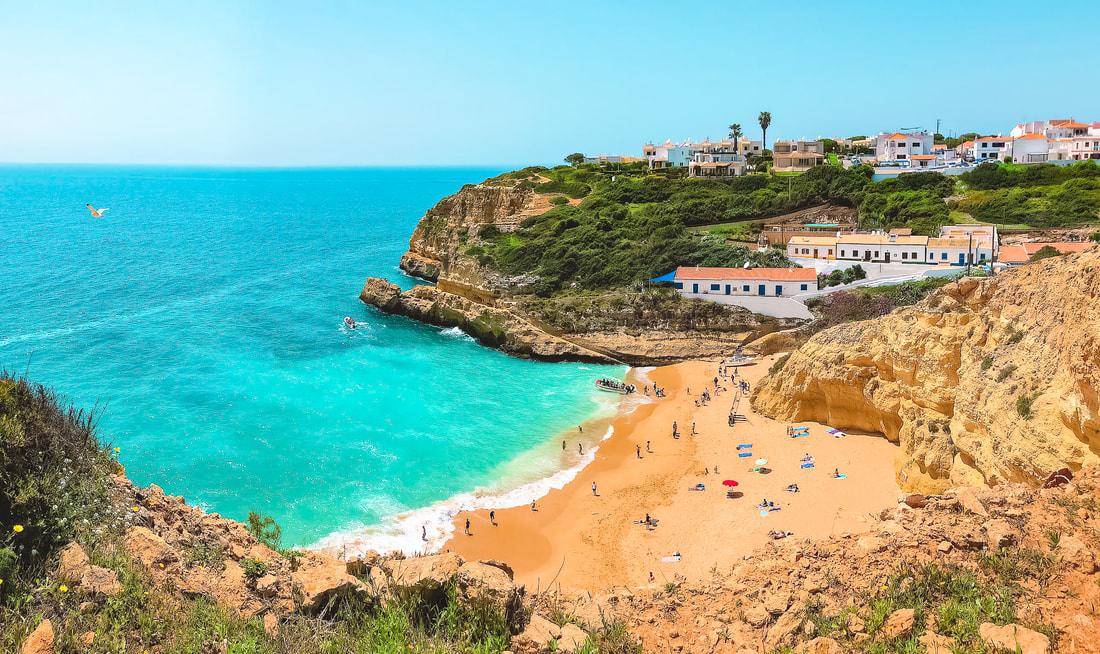
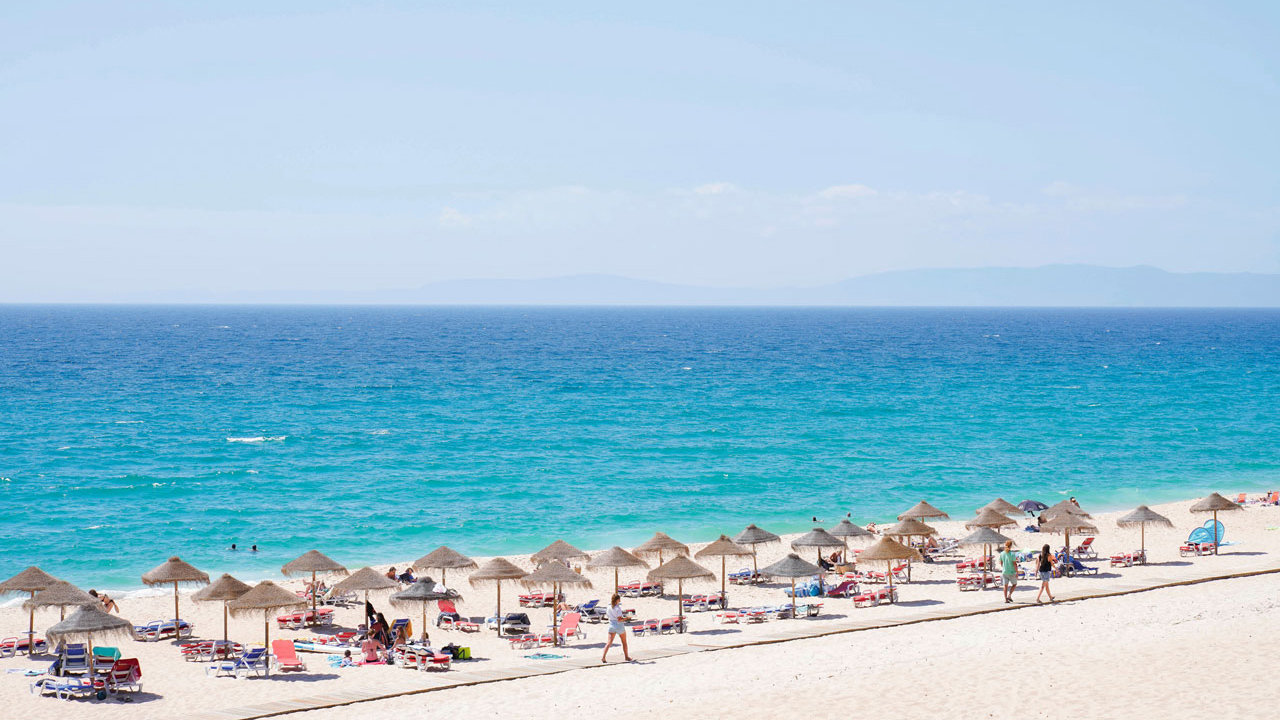
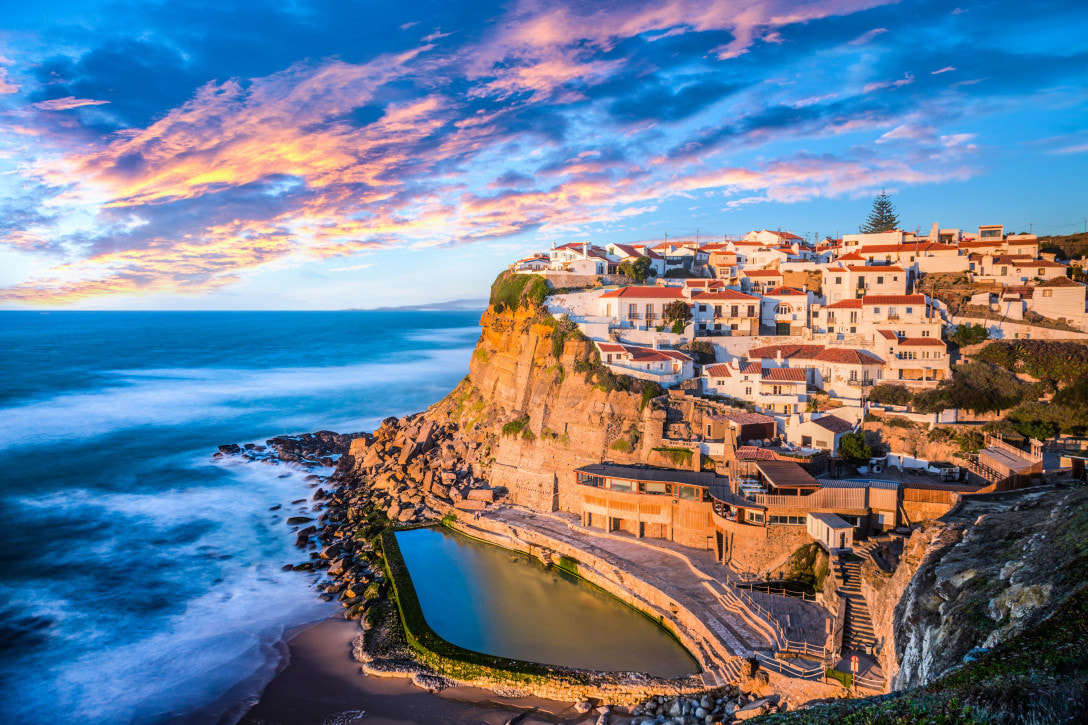
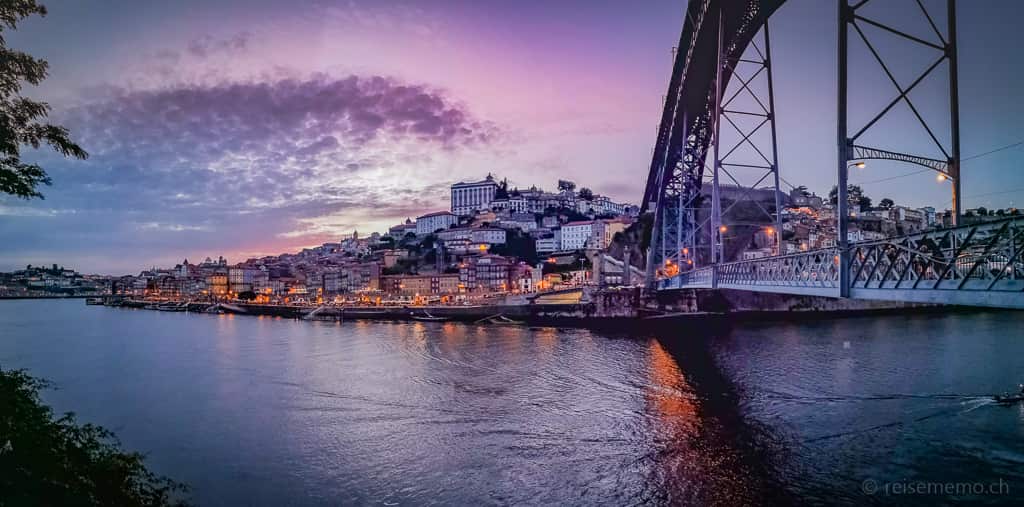

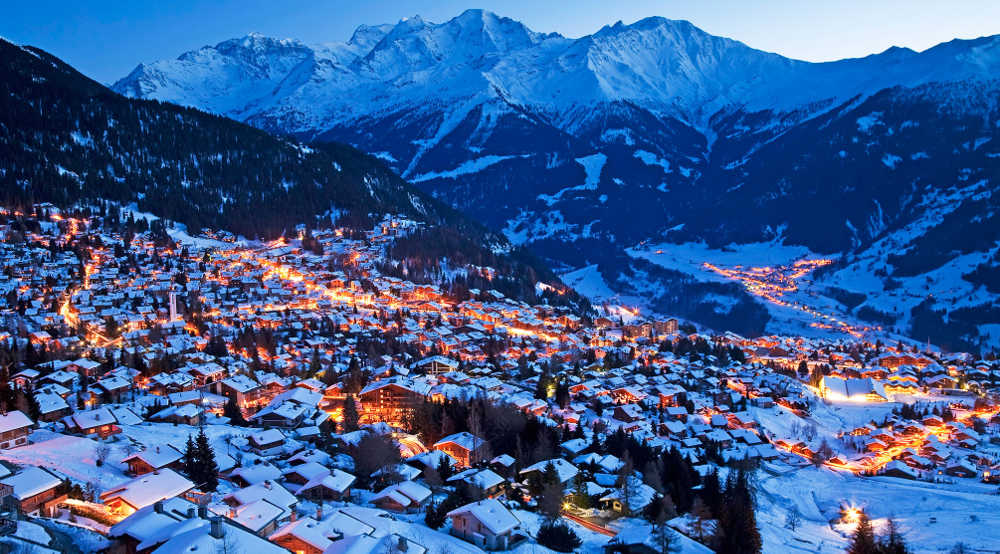
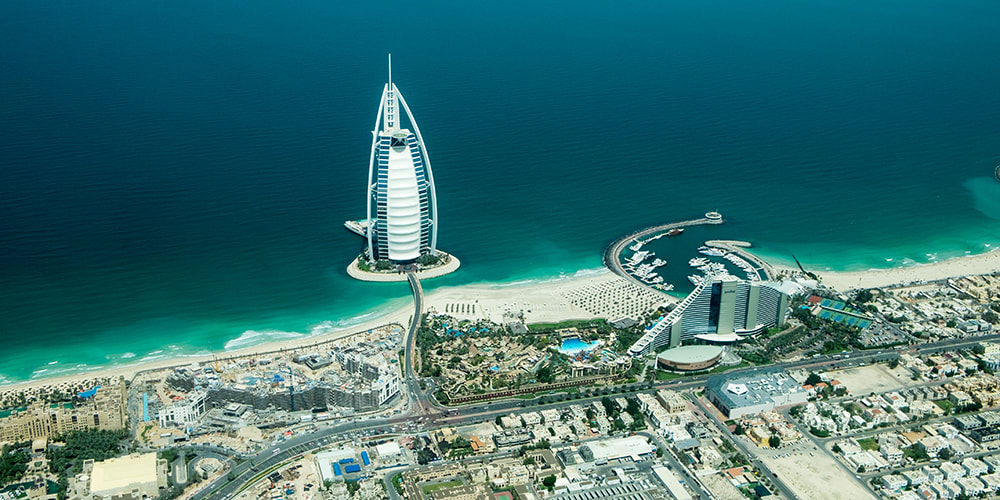
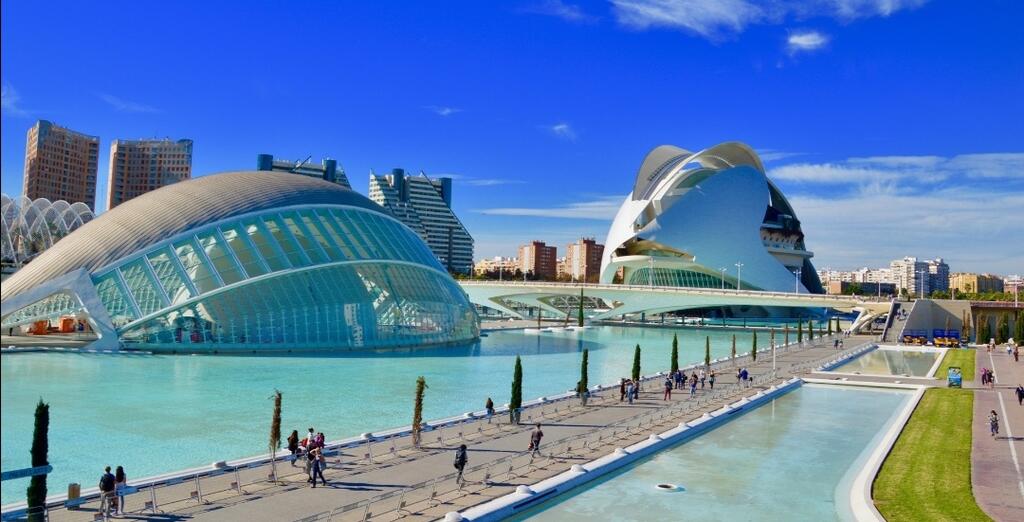
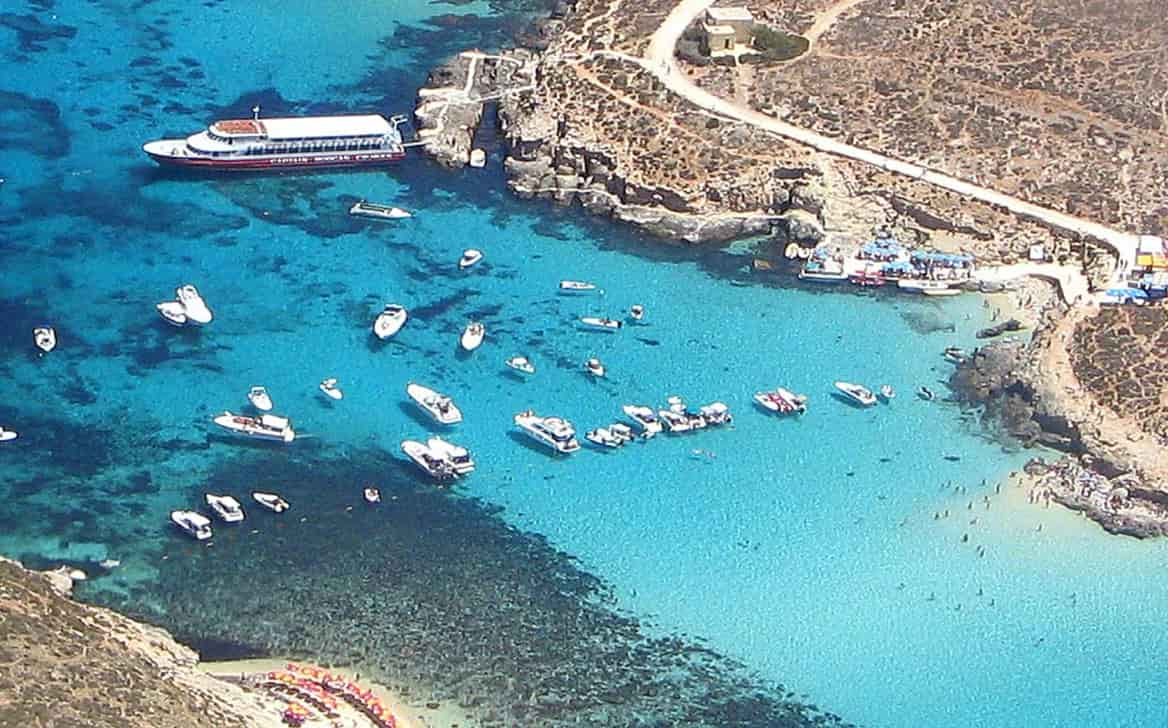
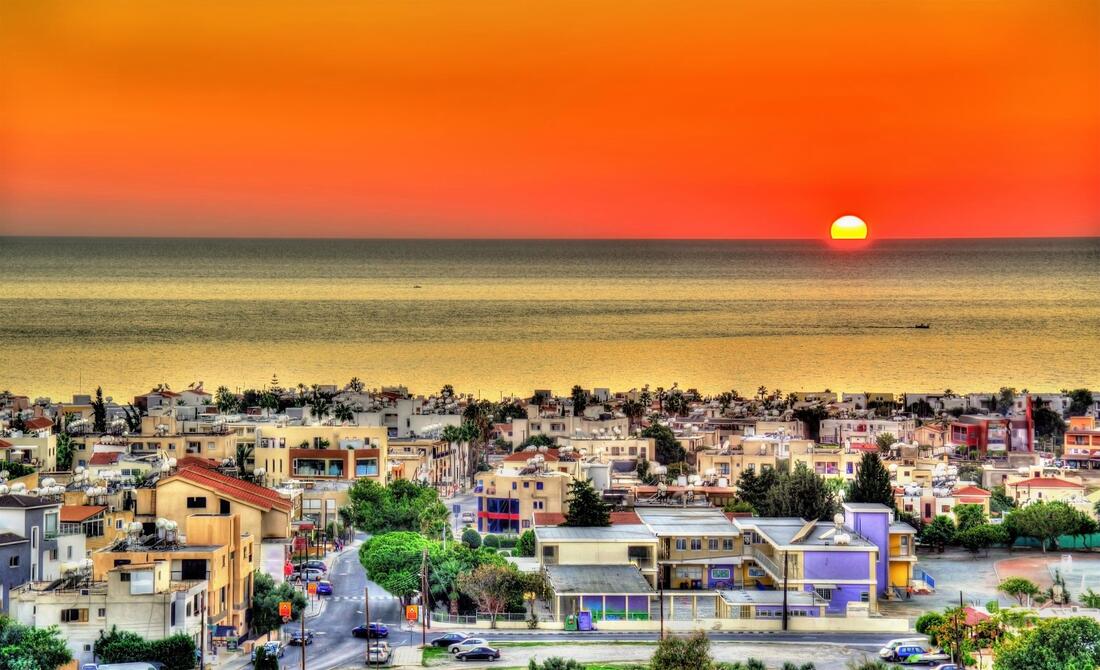
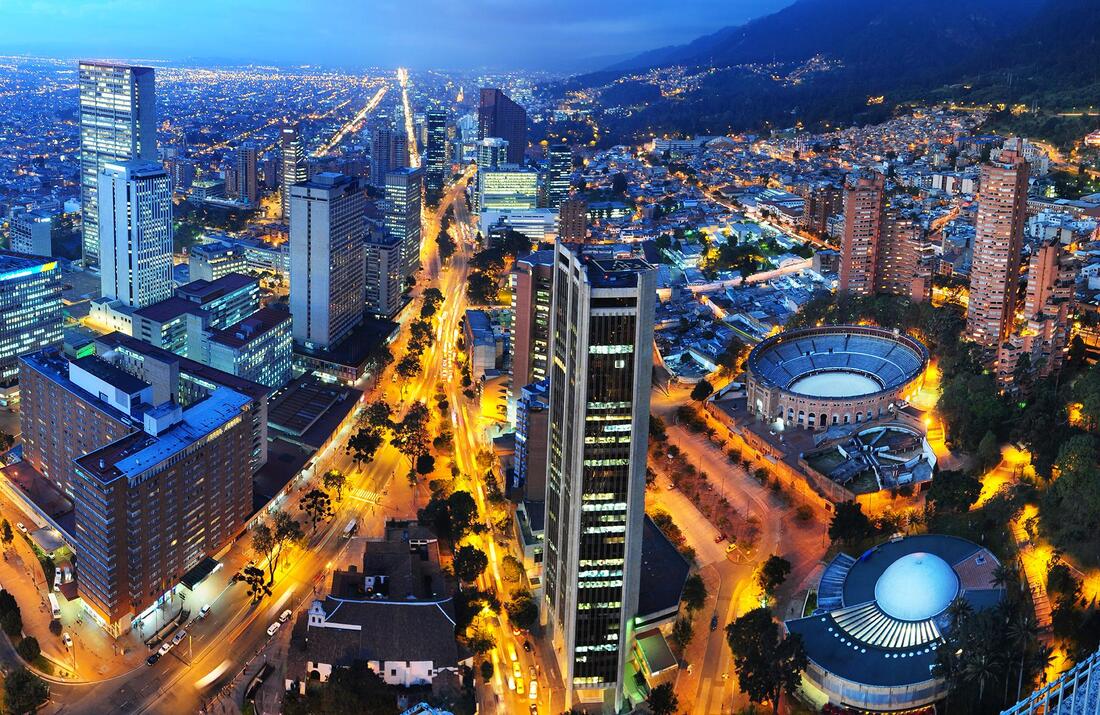

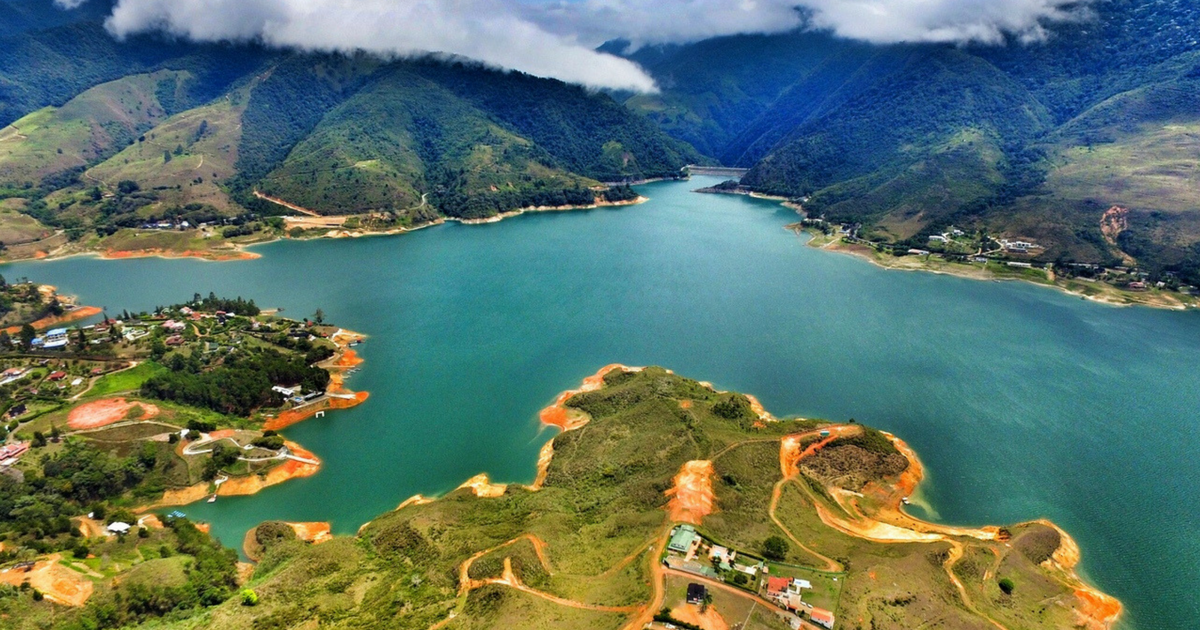
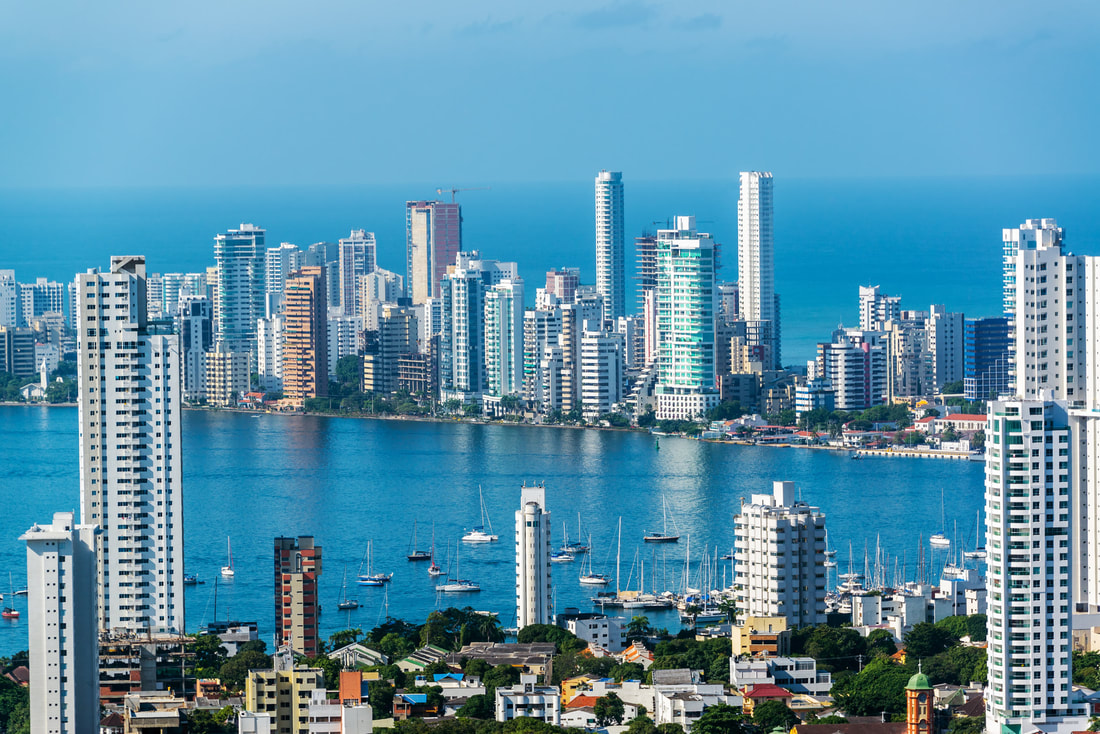
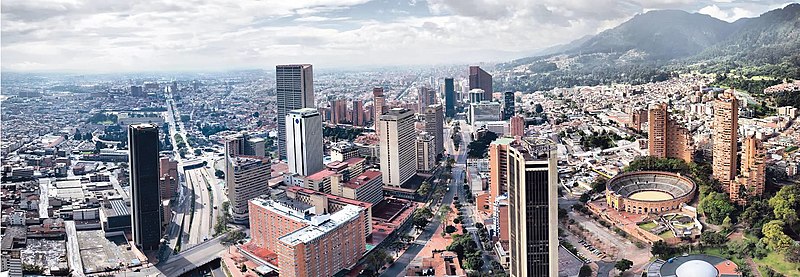
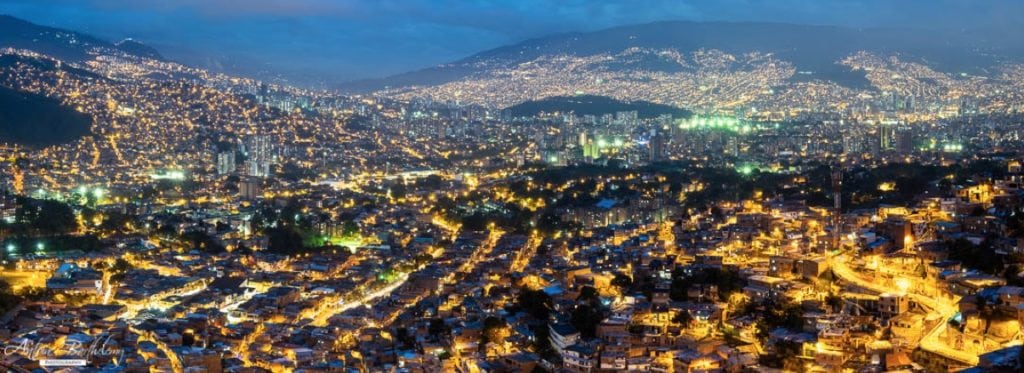
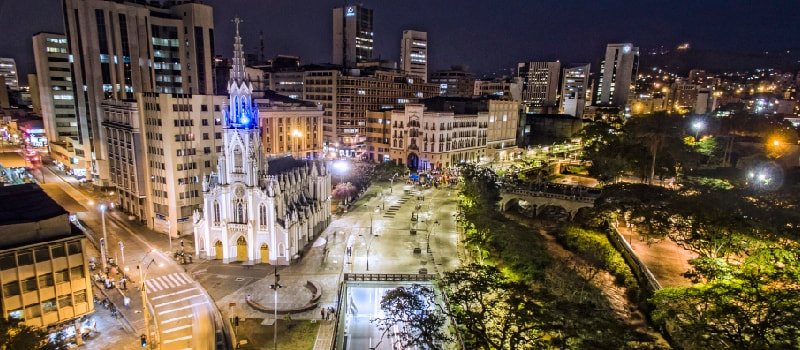
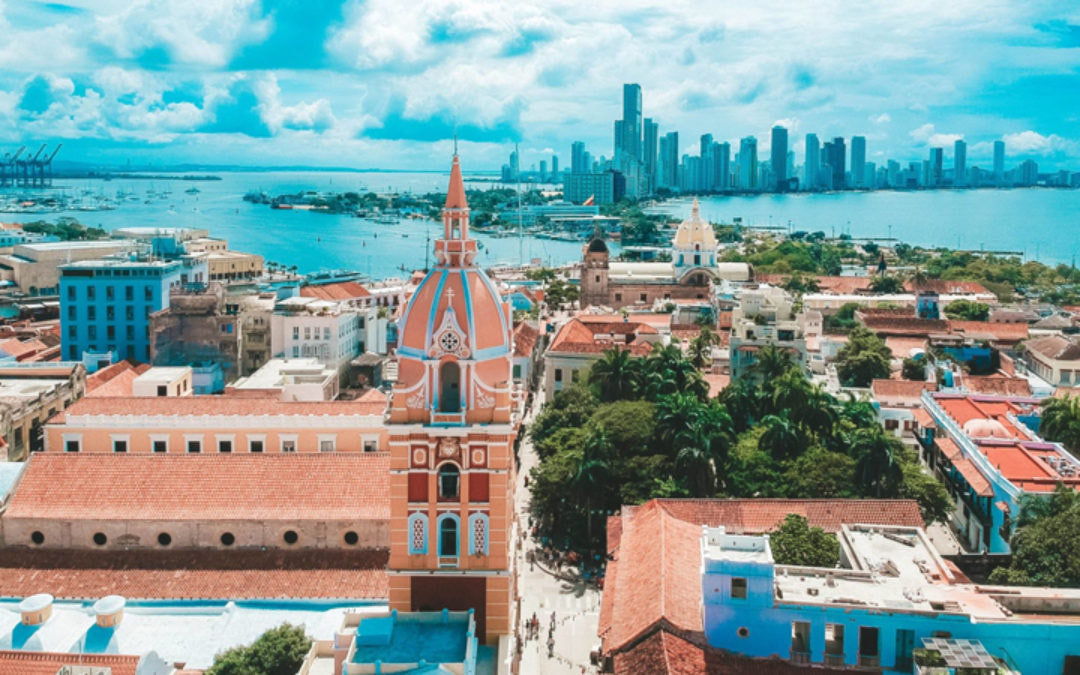
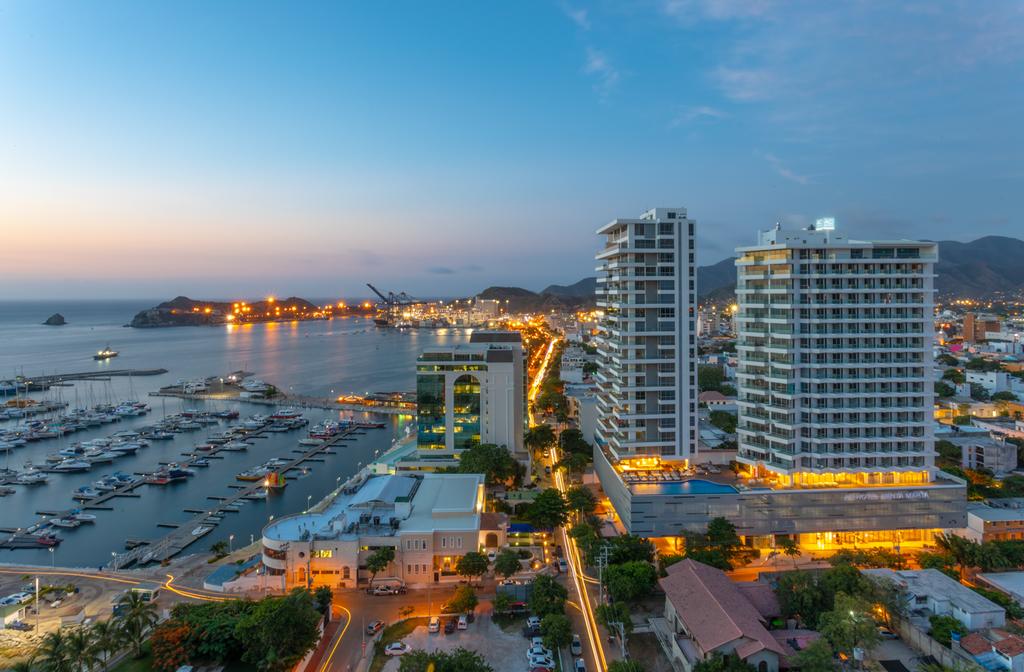
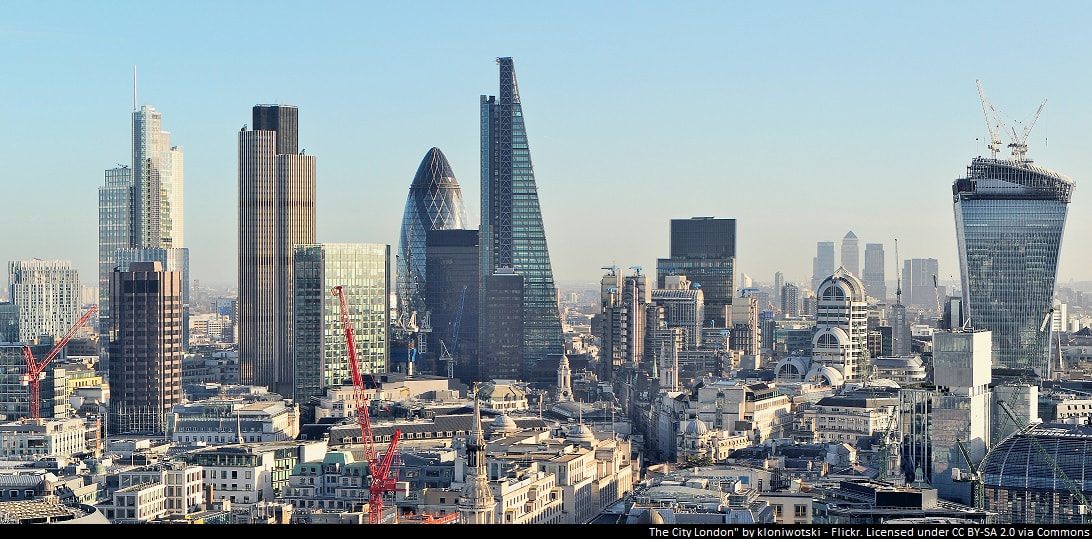
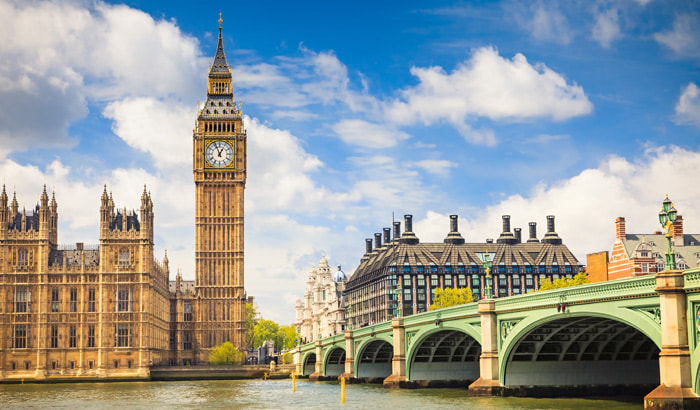
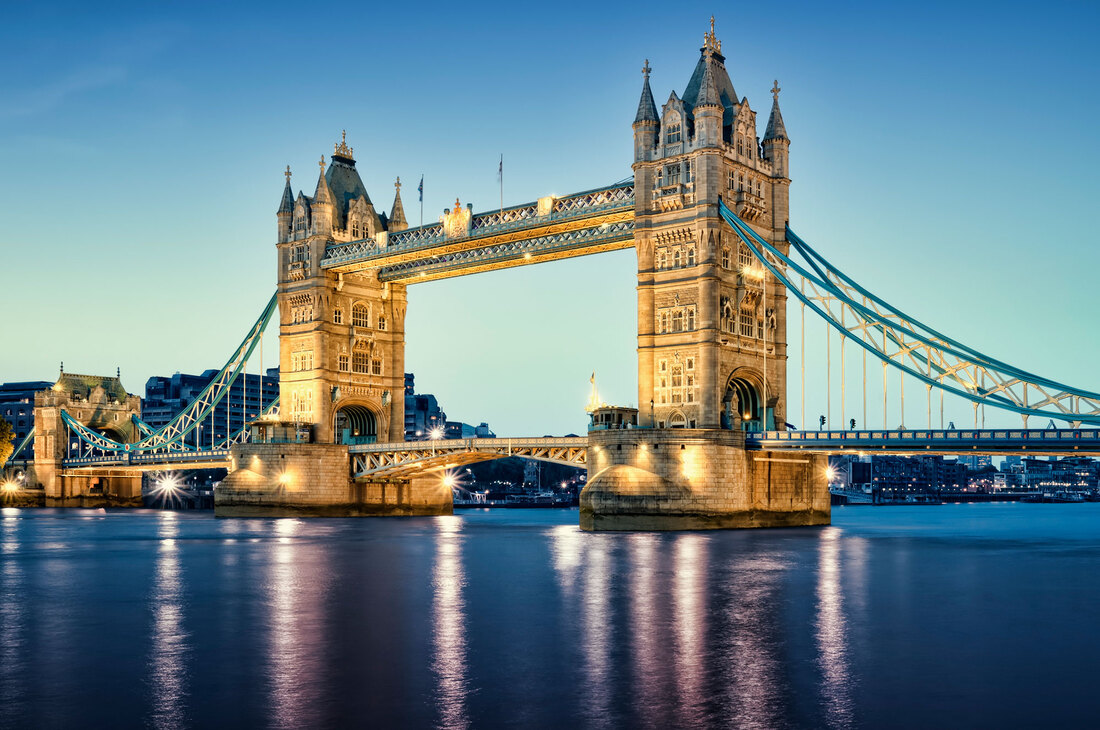

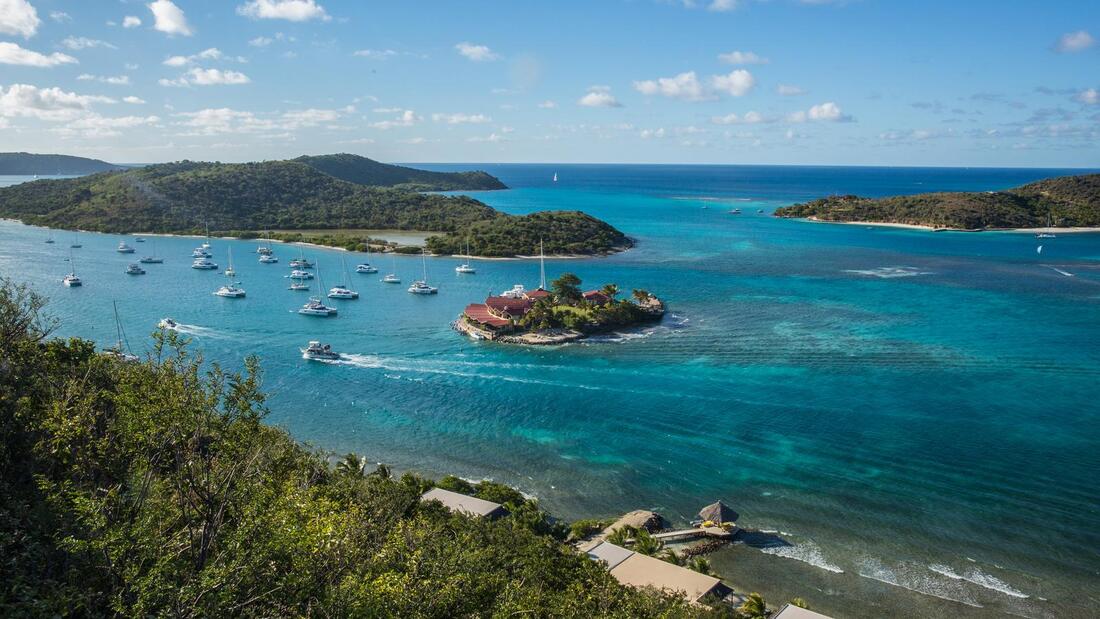
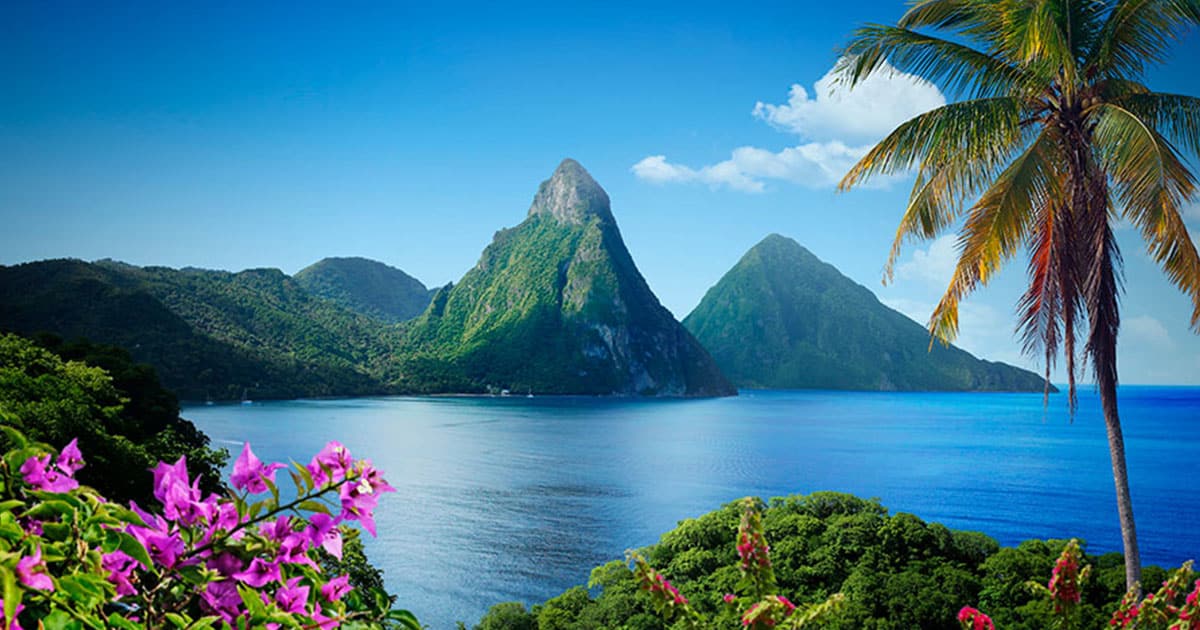
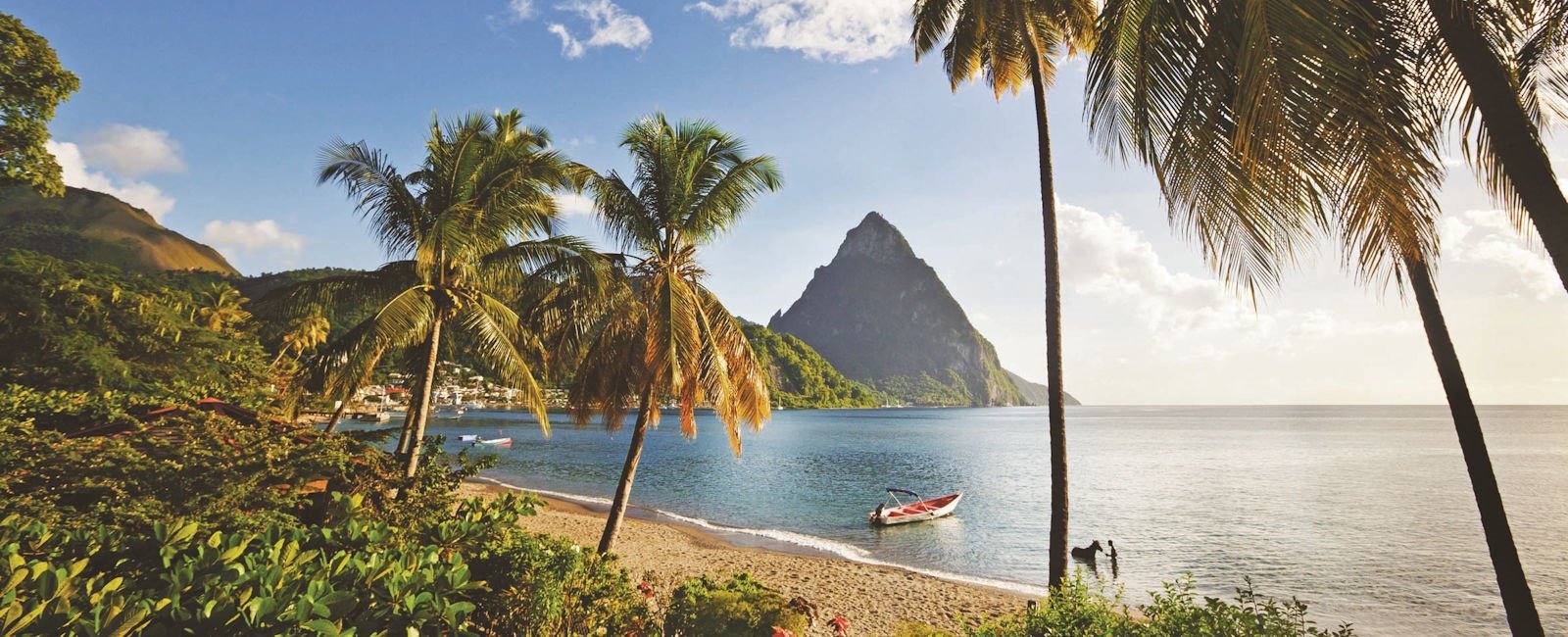
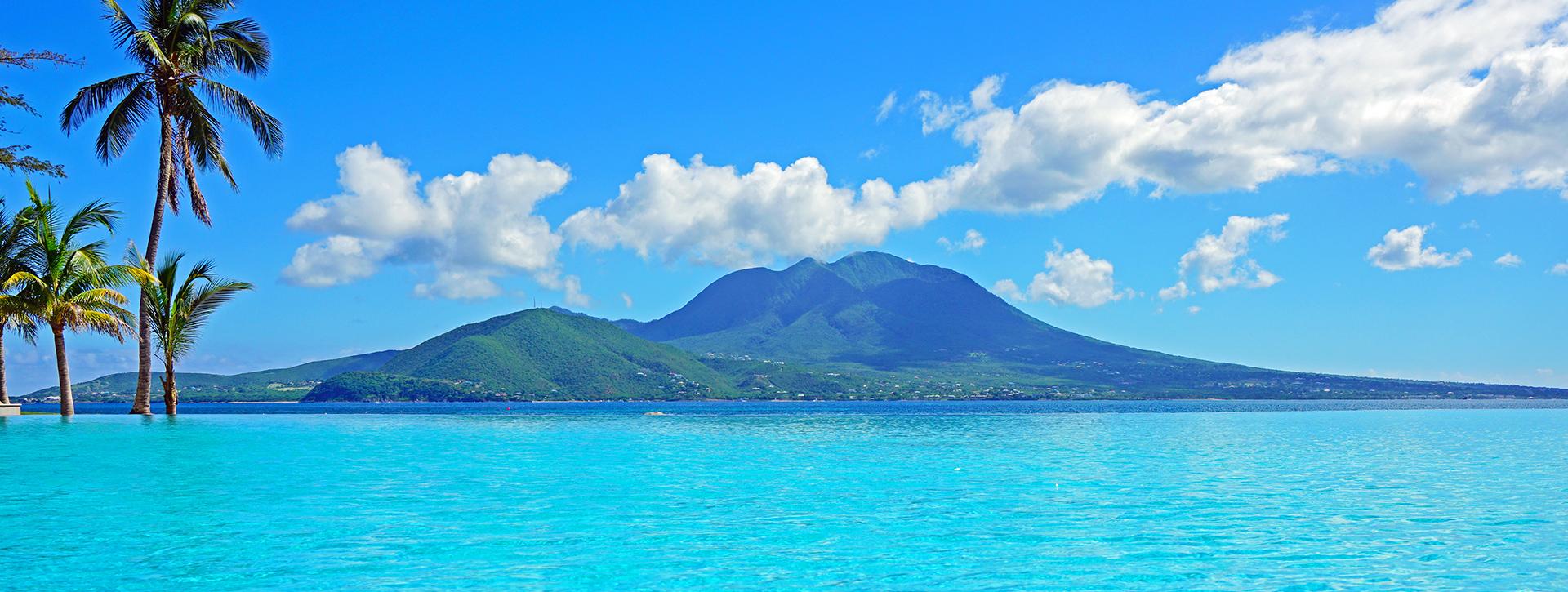

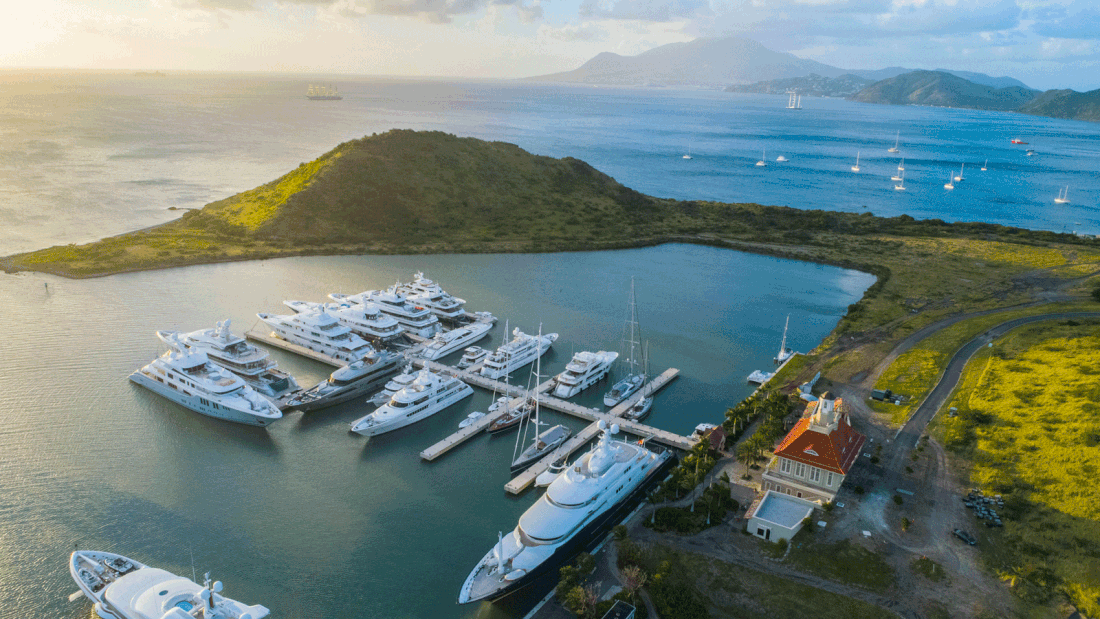
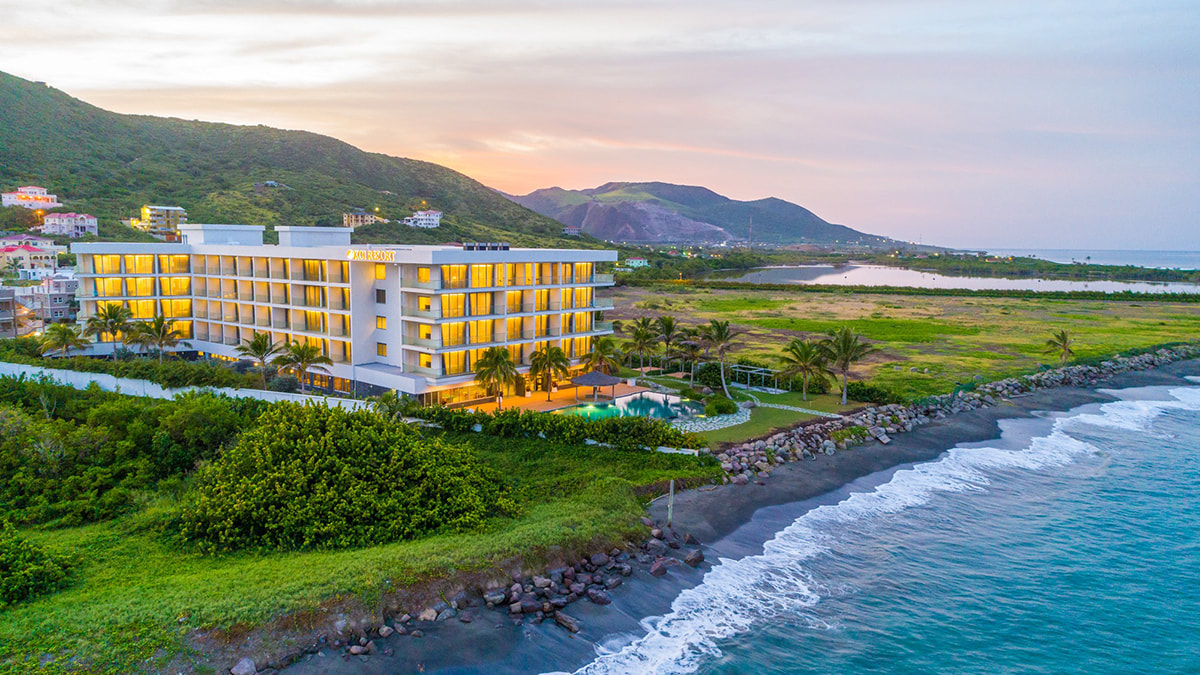
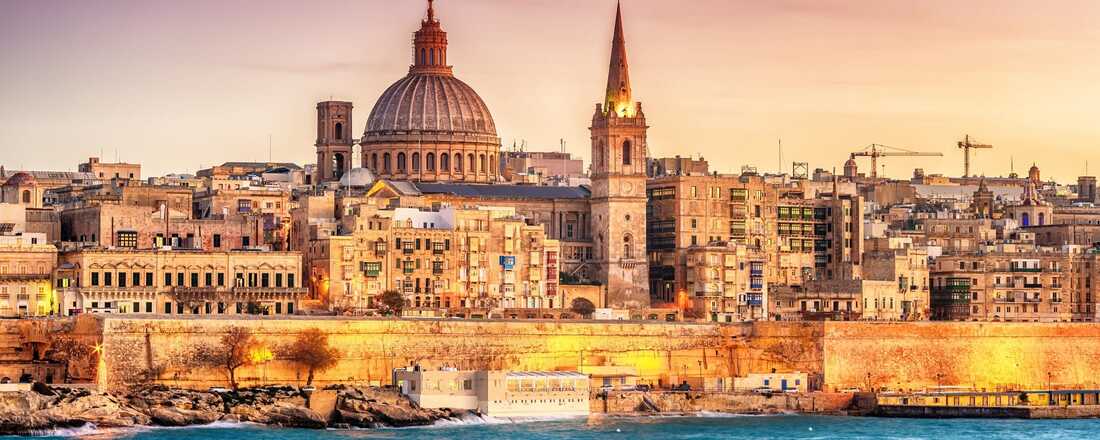
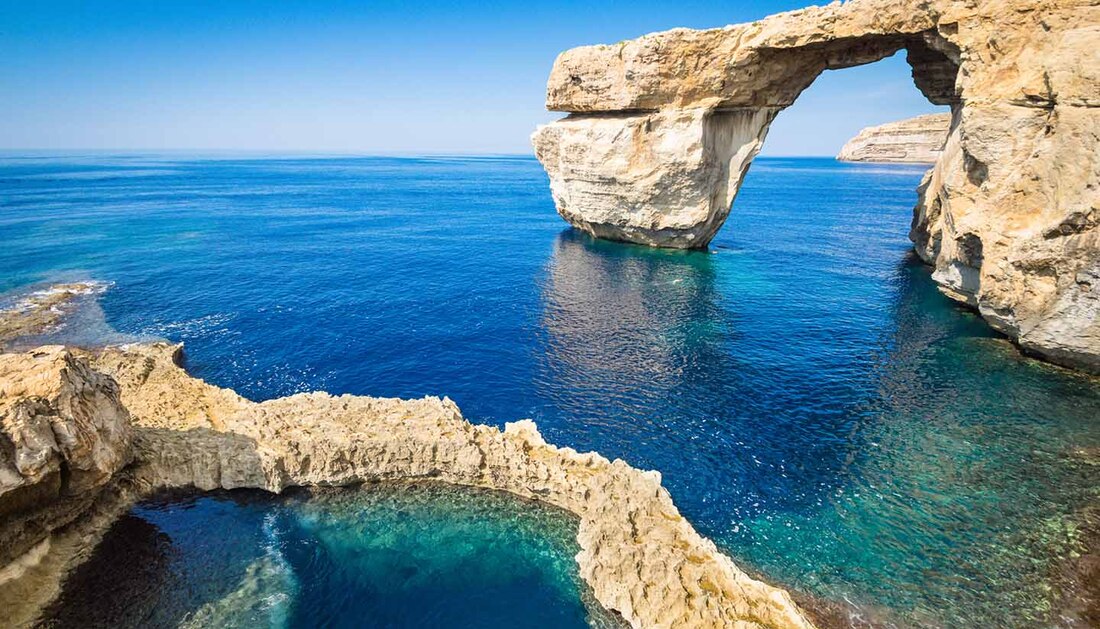
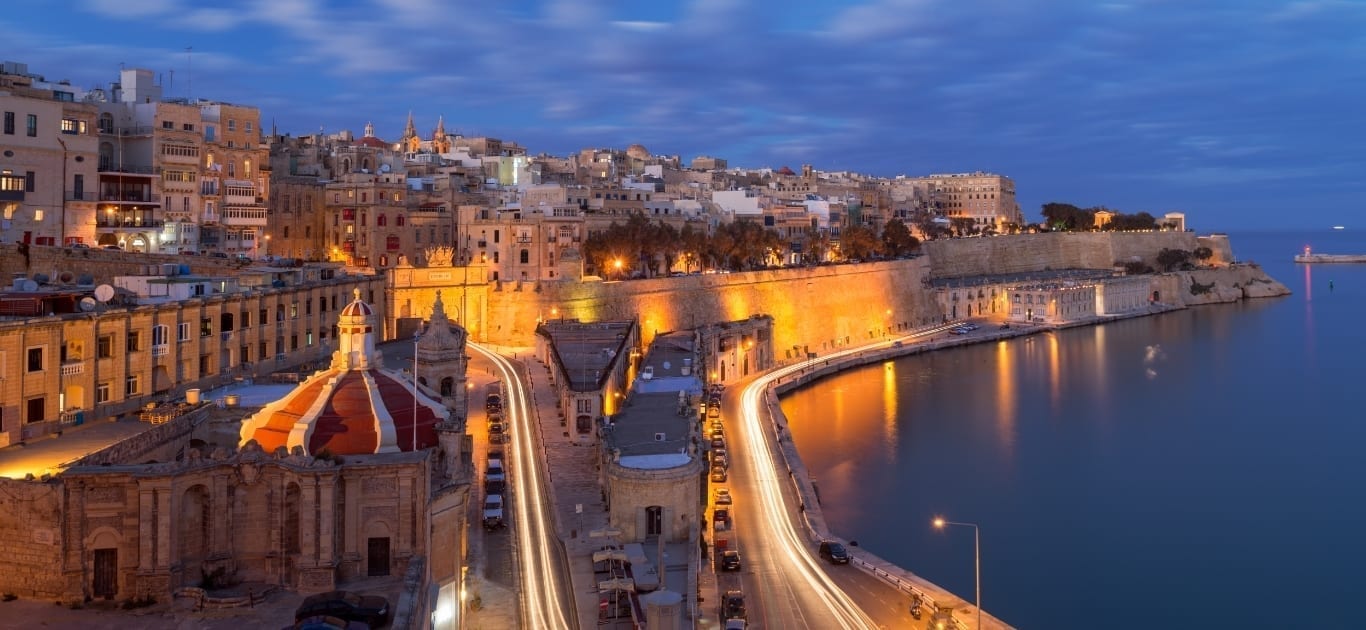
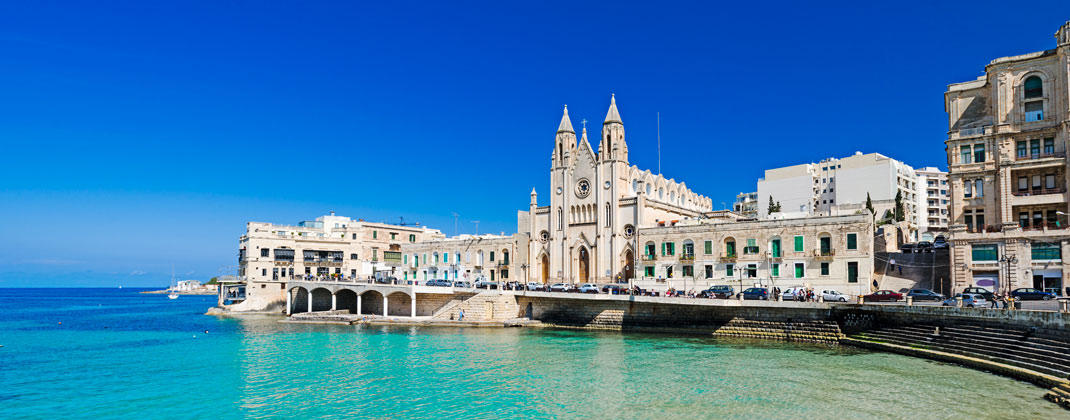
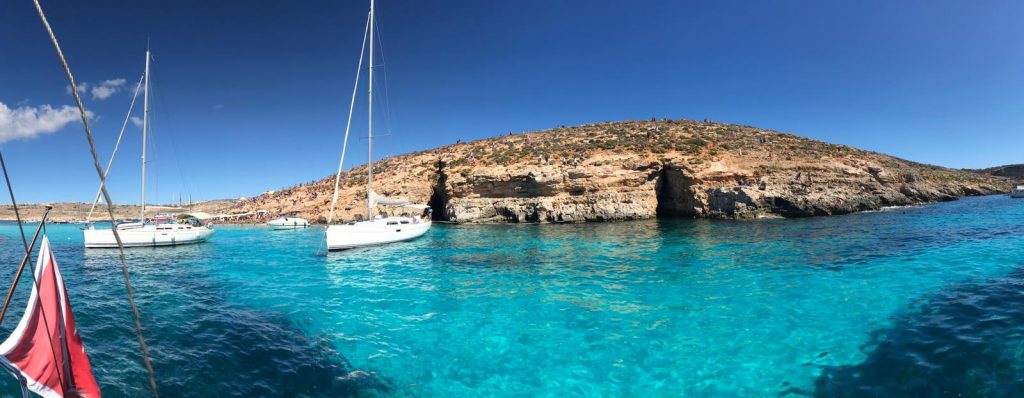
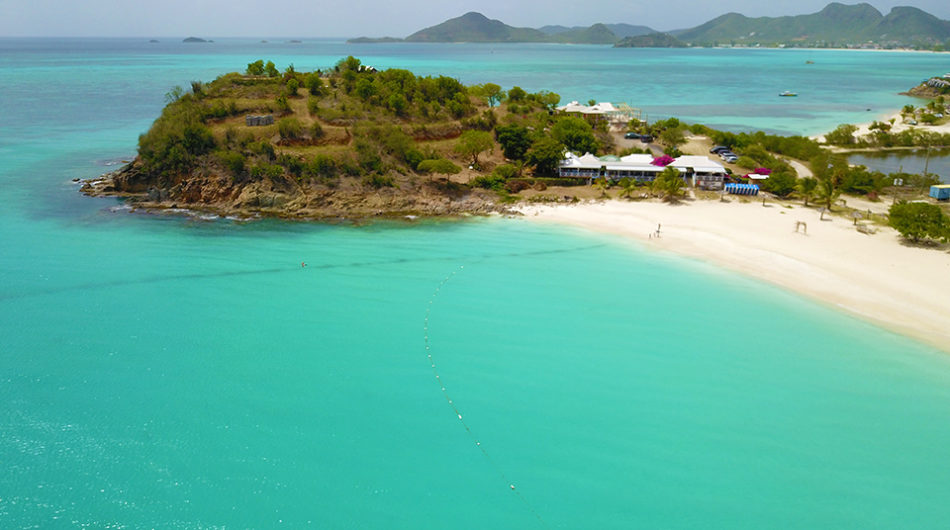
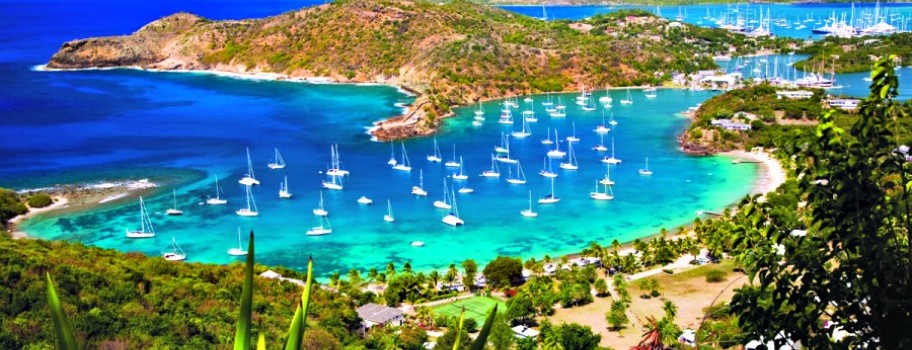

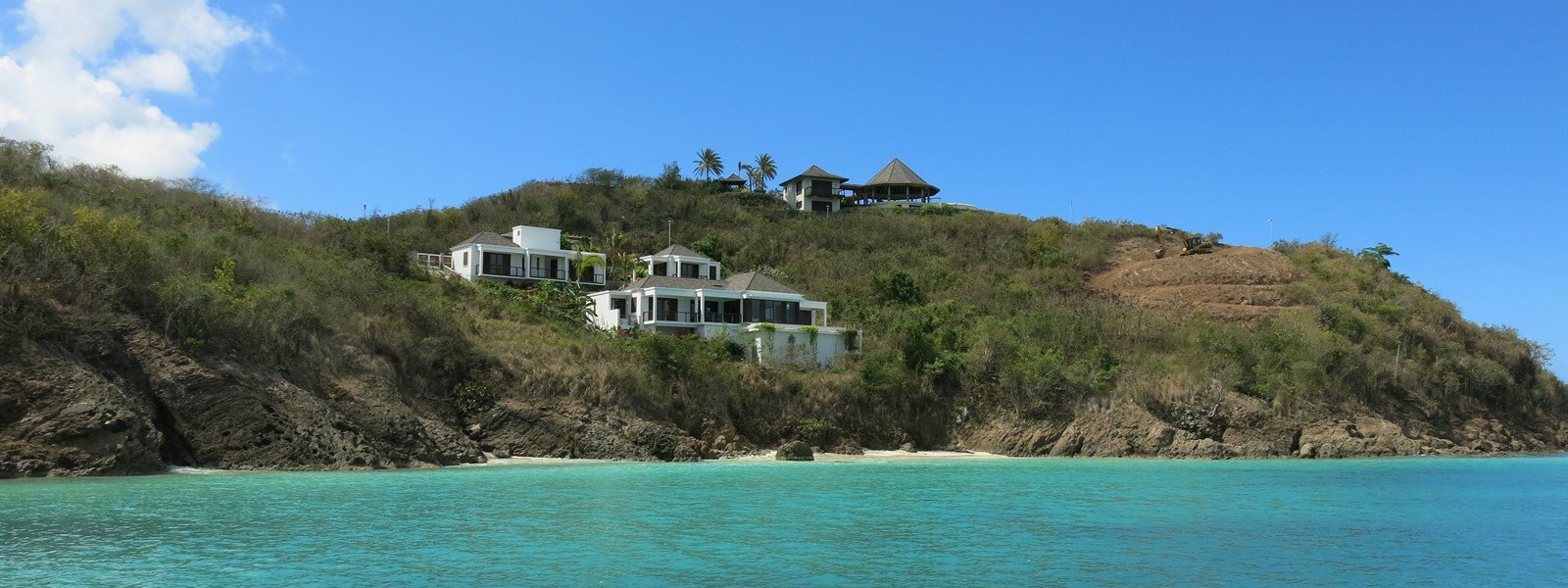
 RSS Feed
RSS Feed